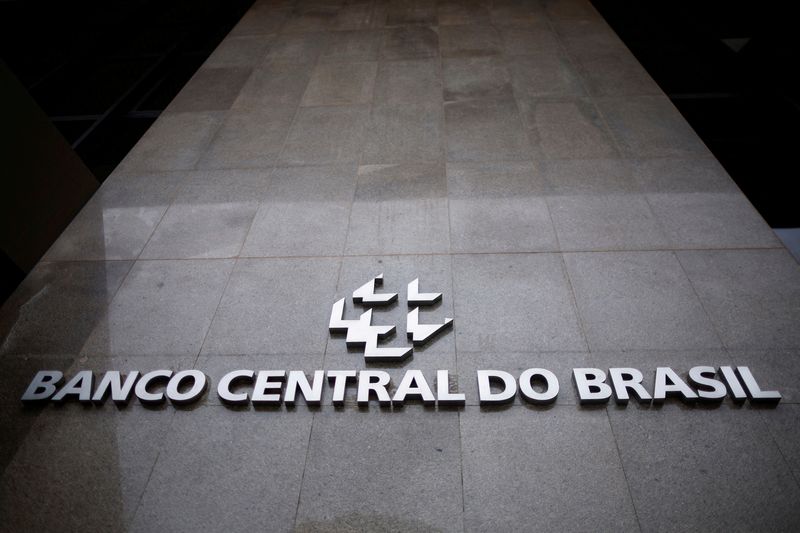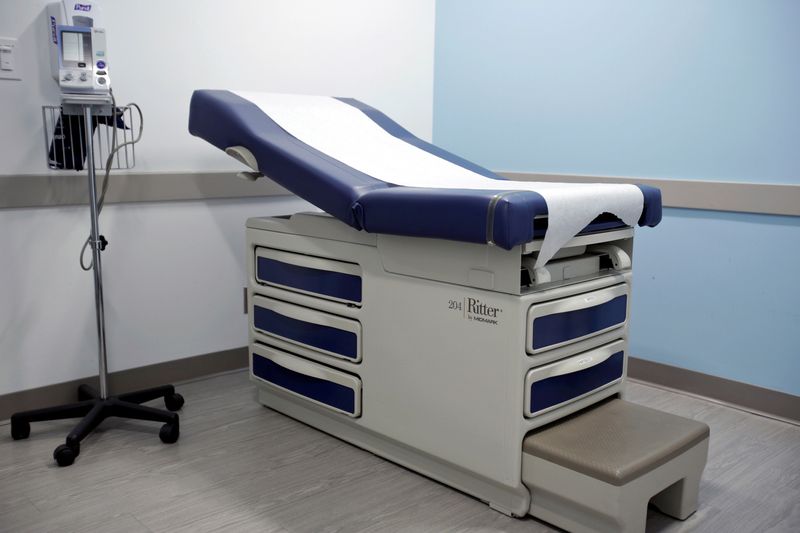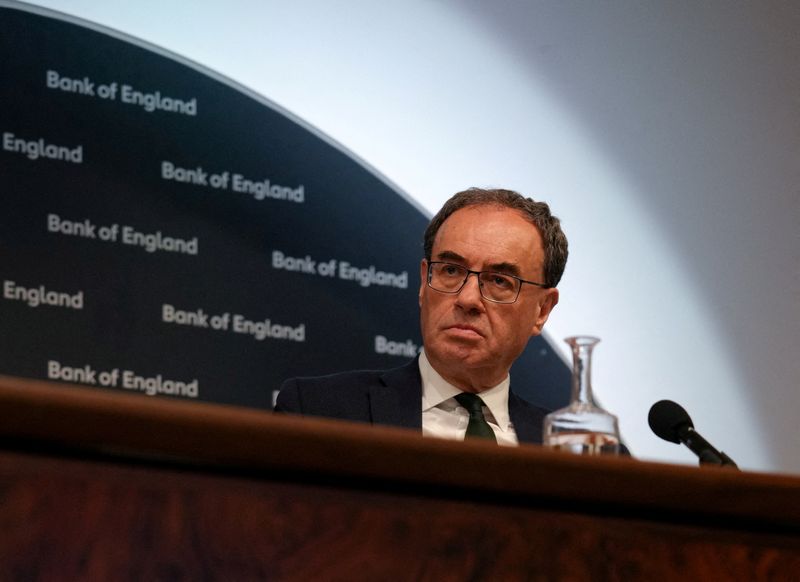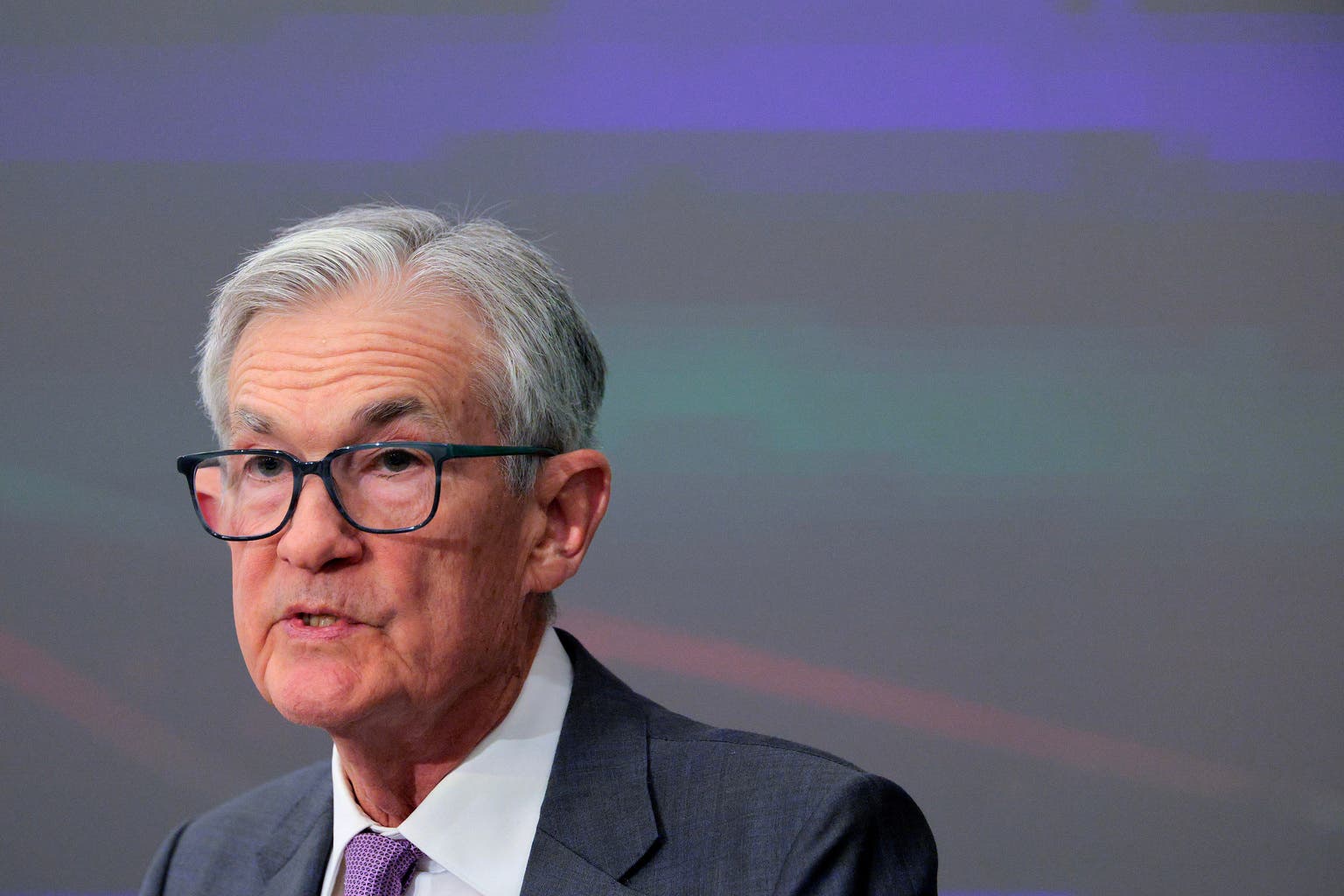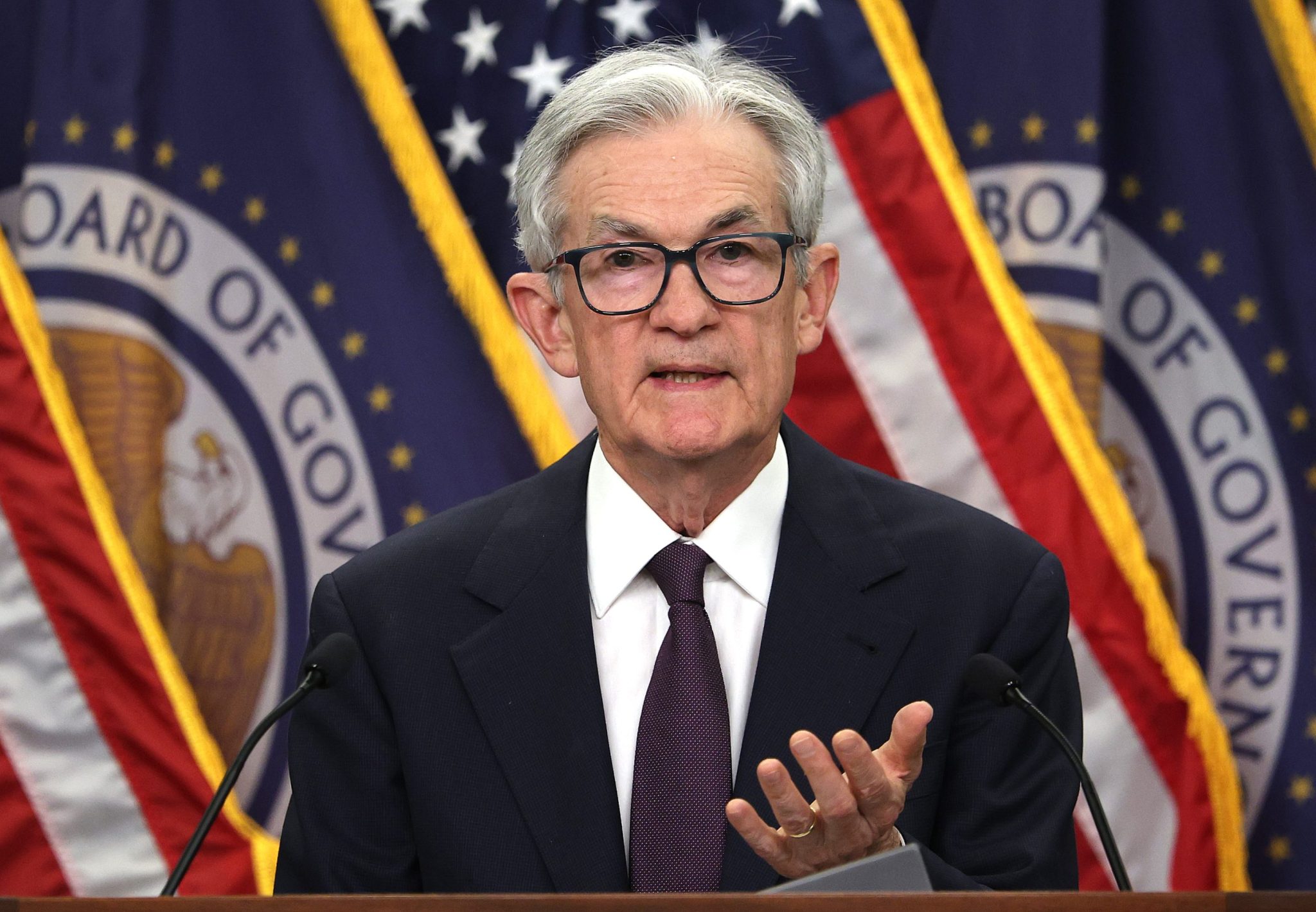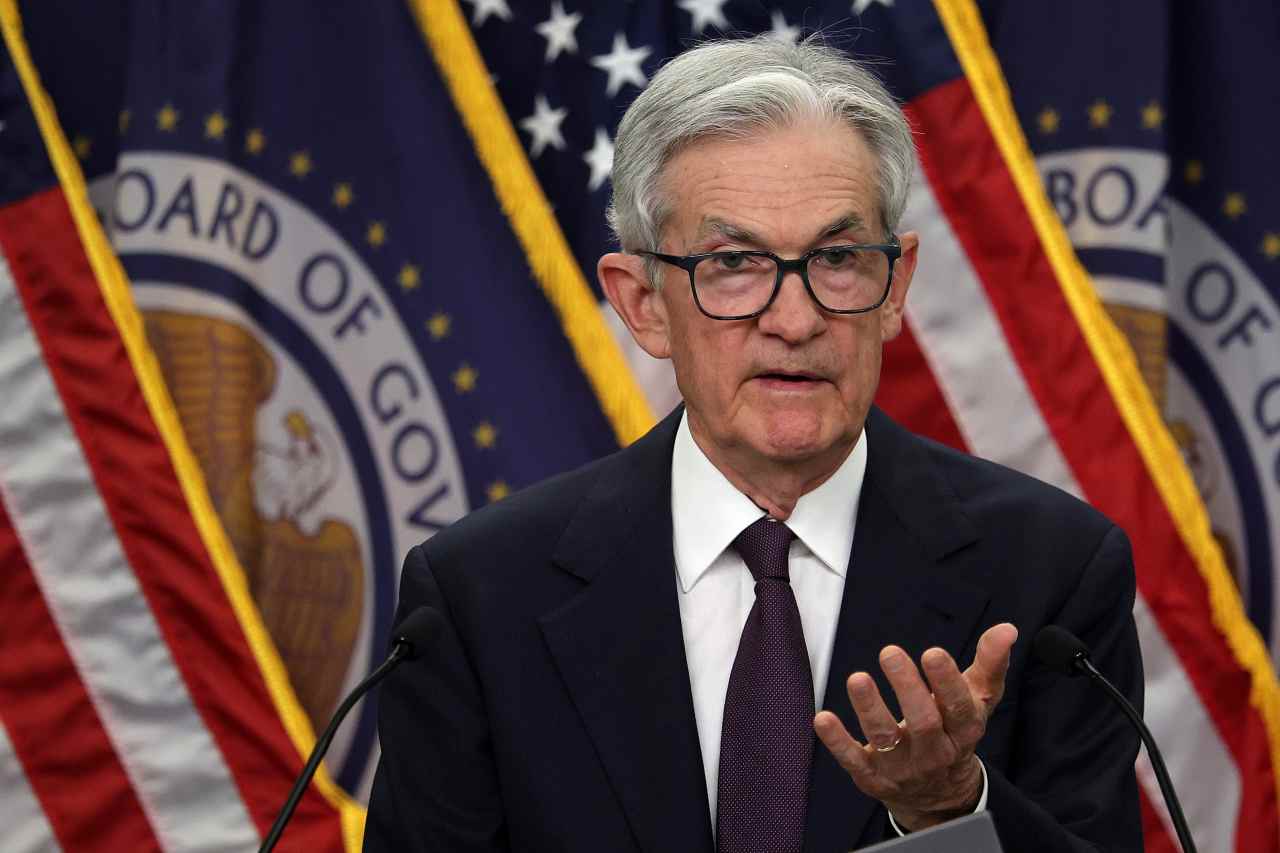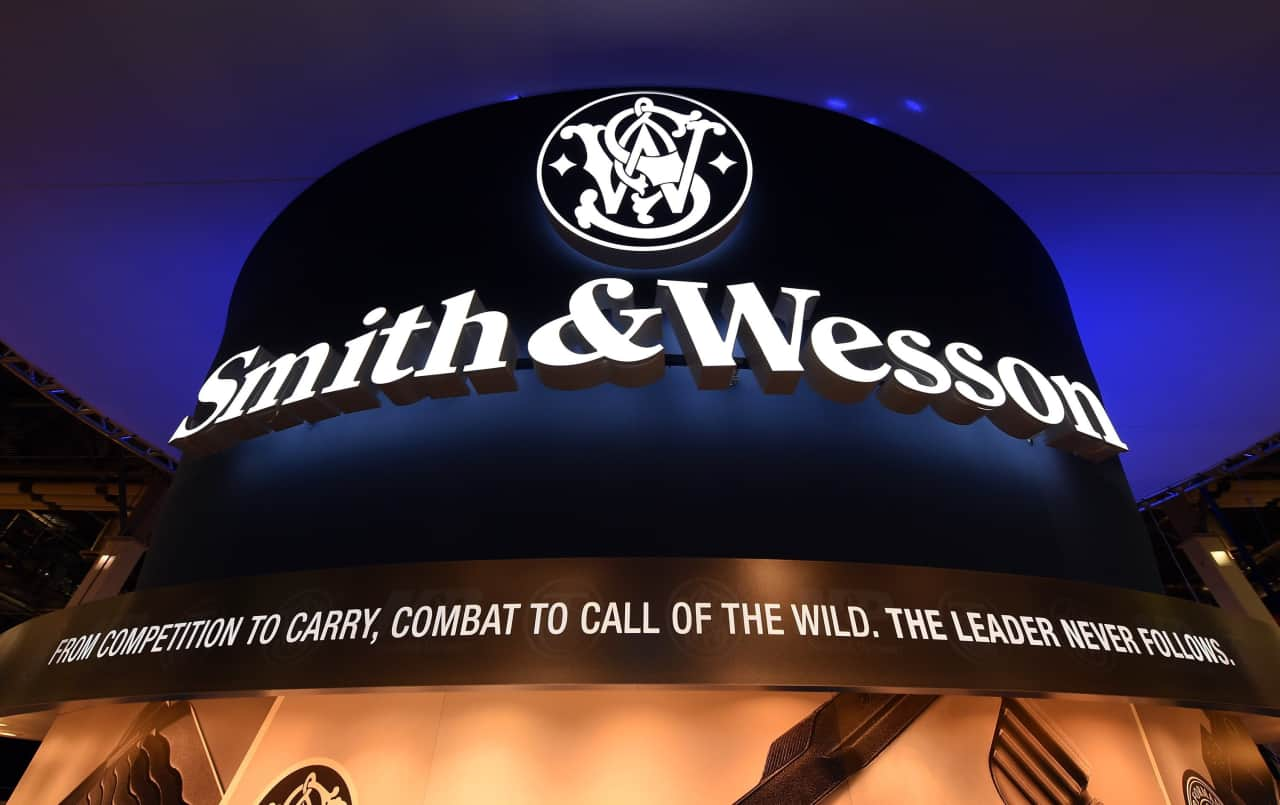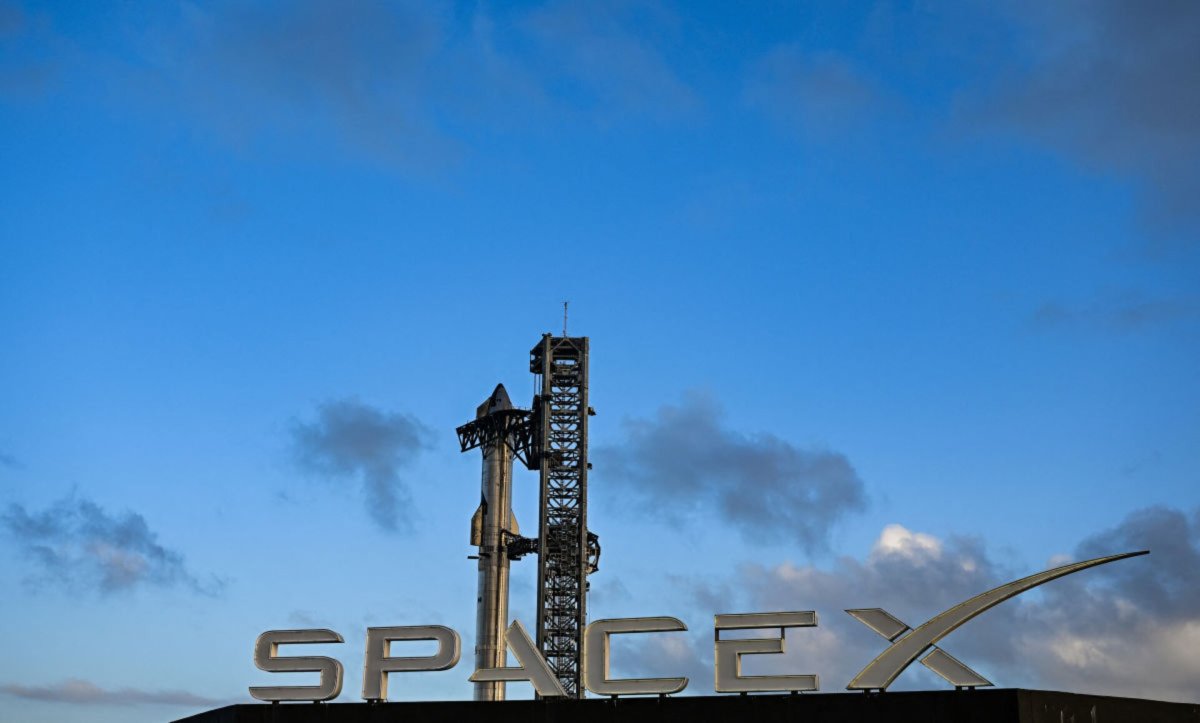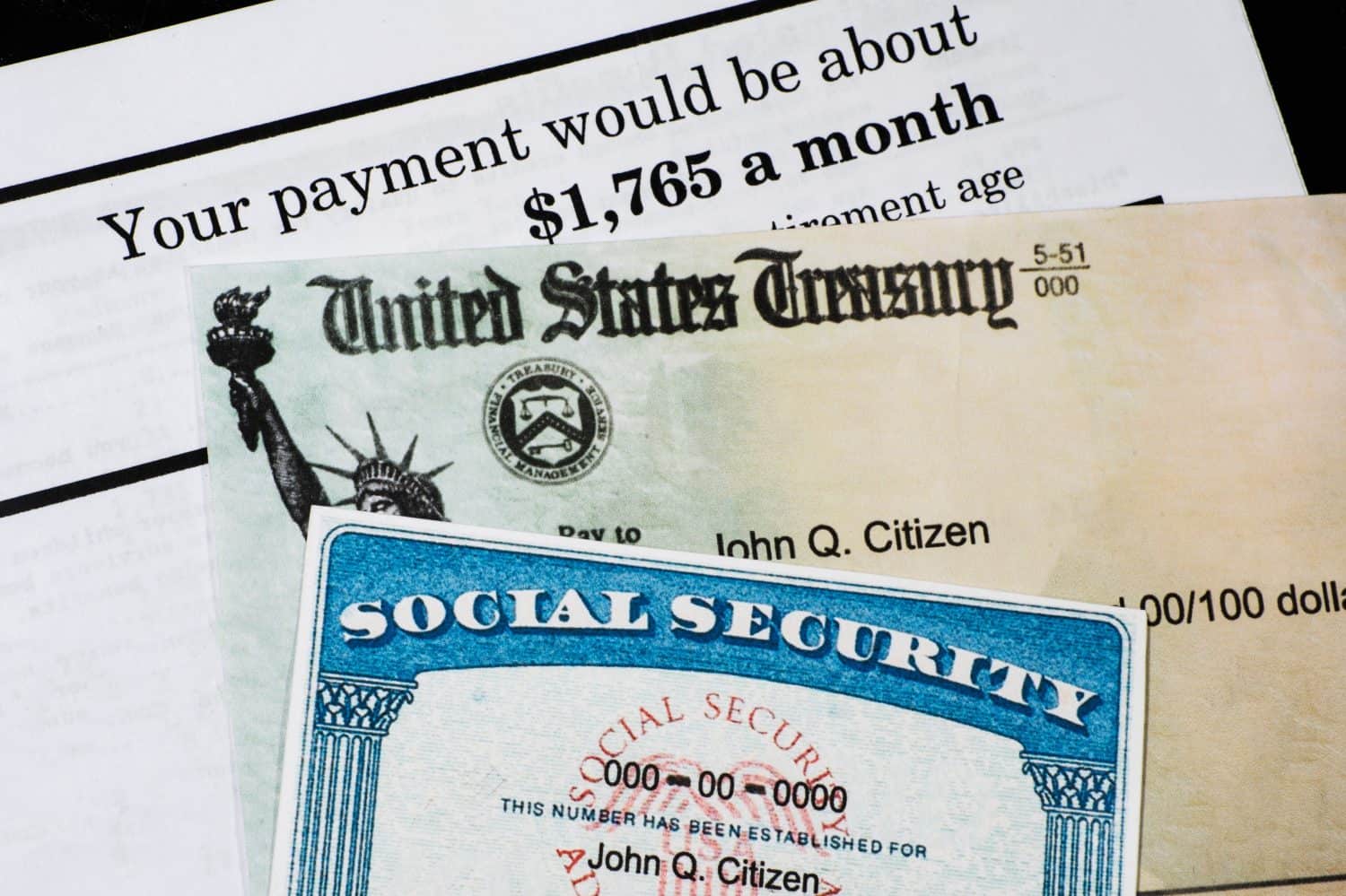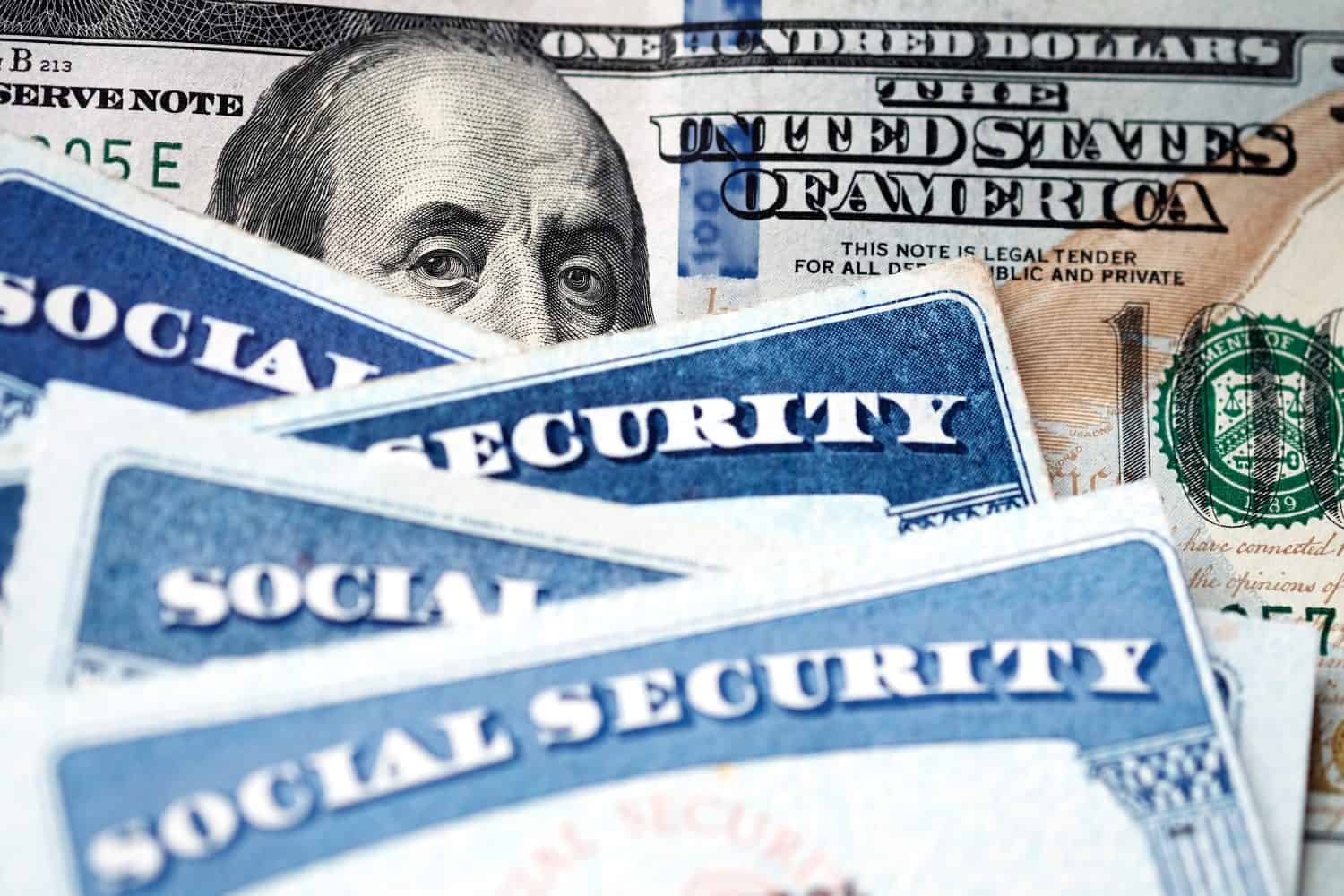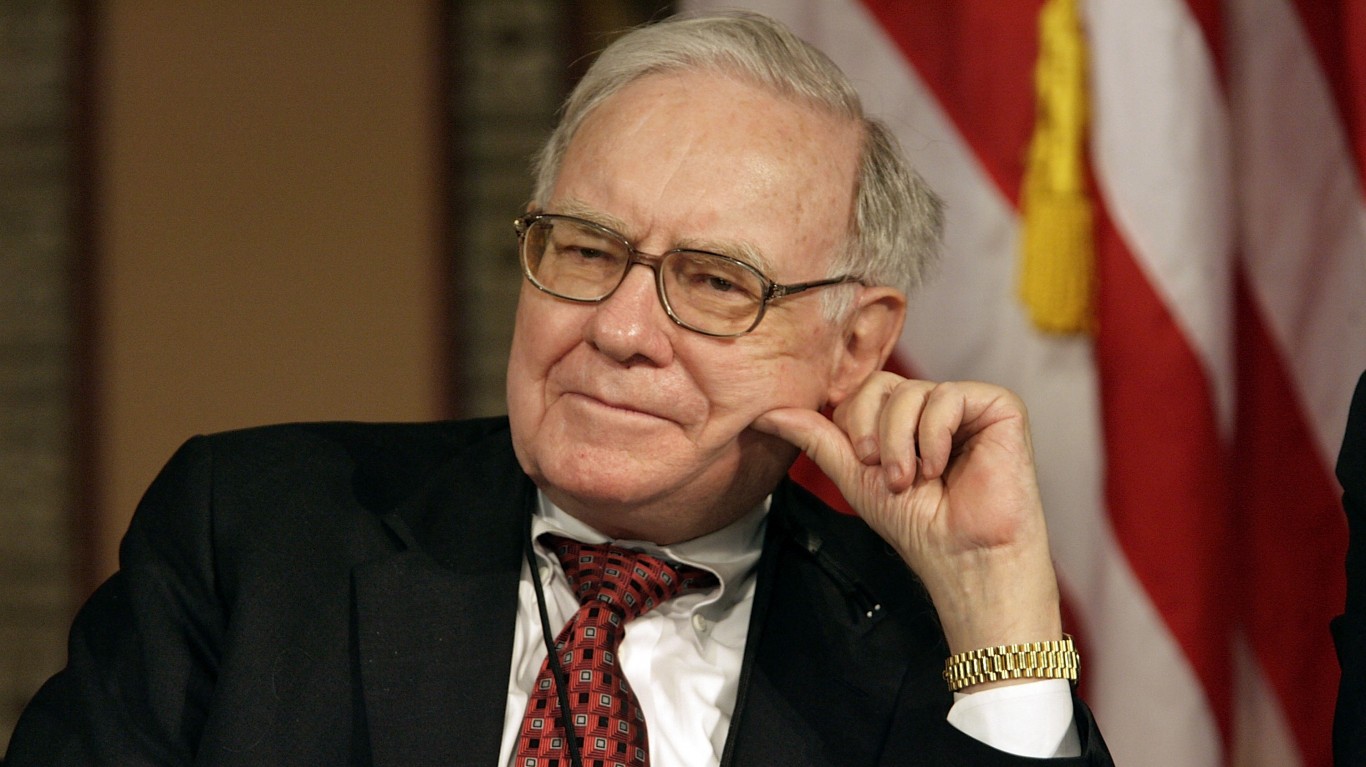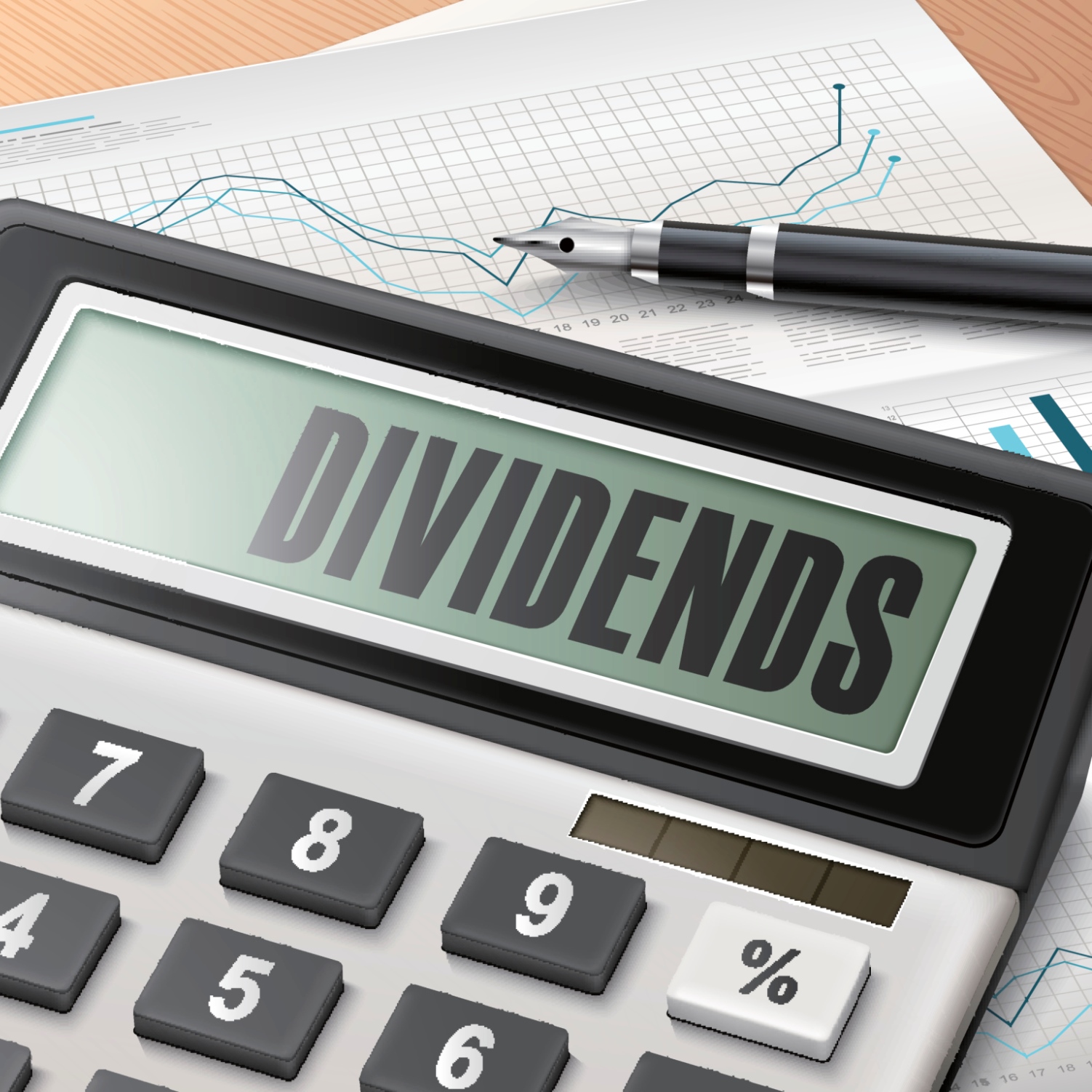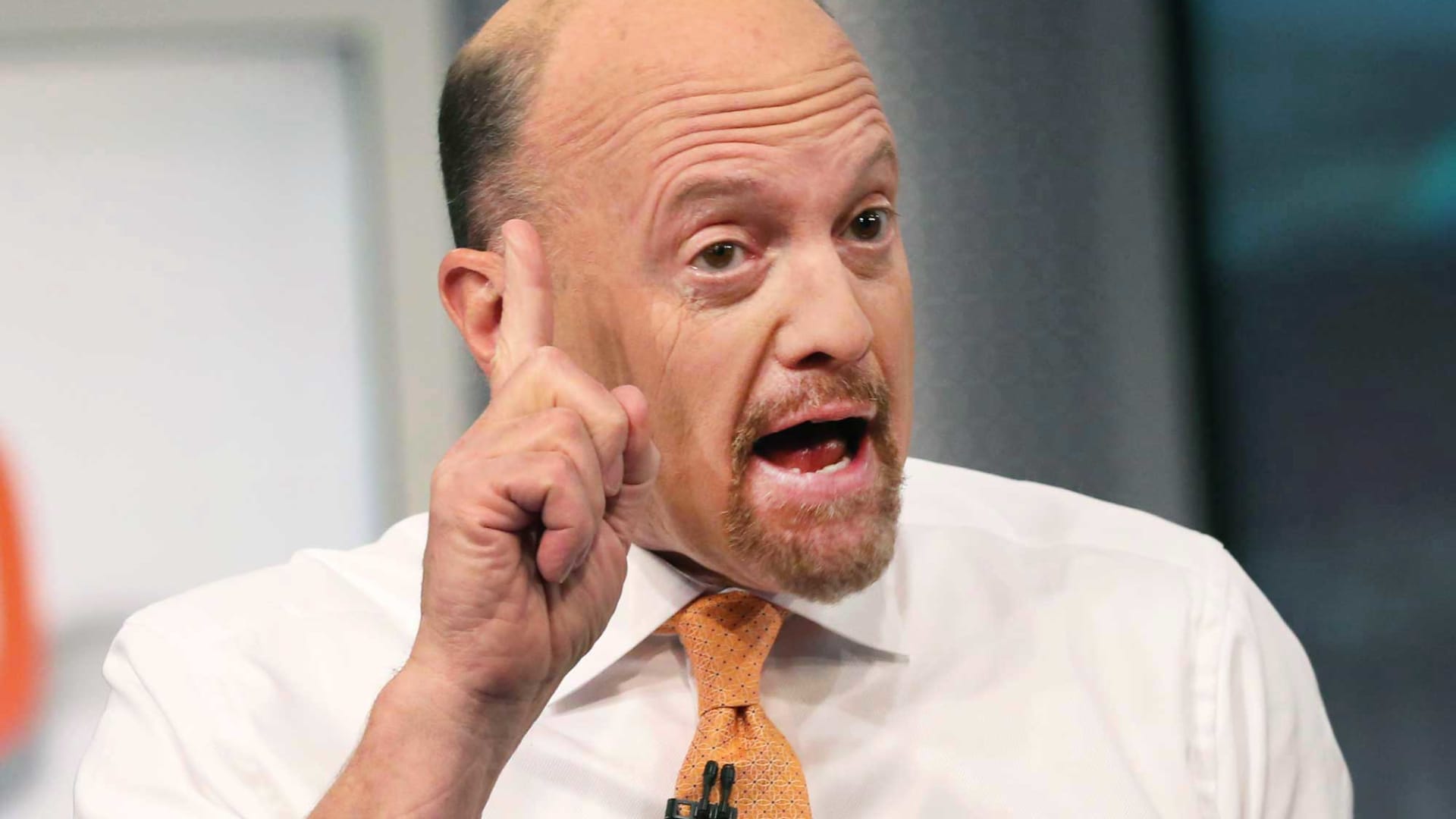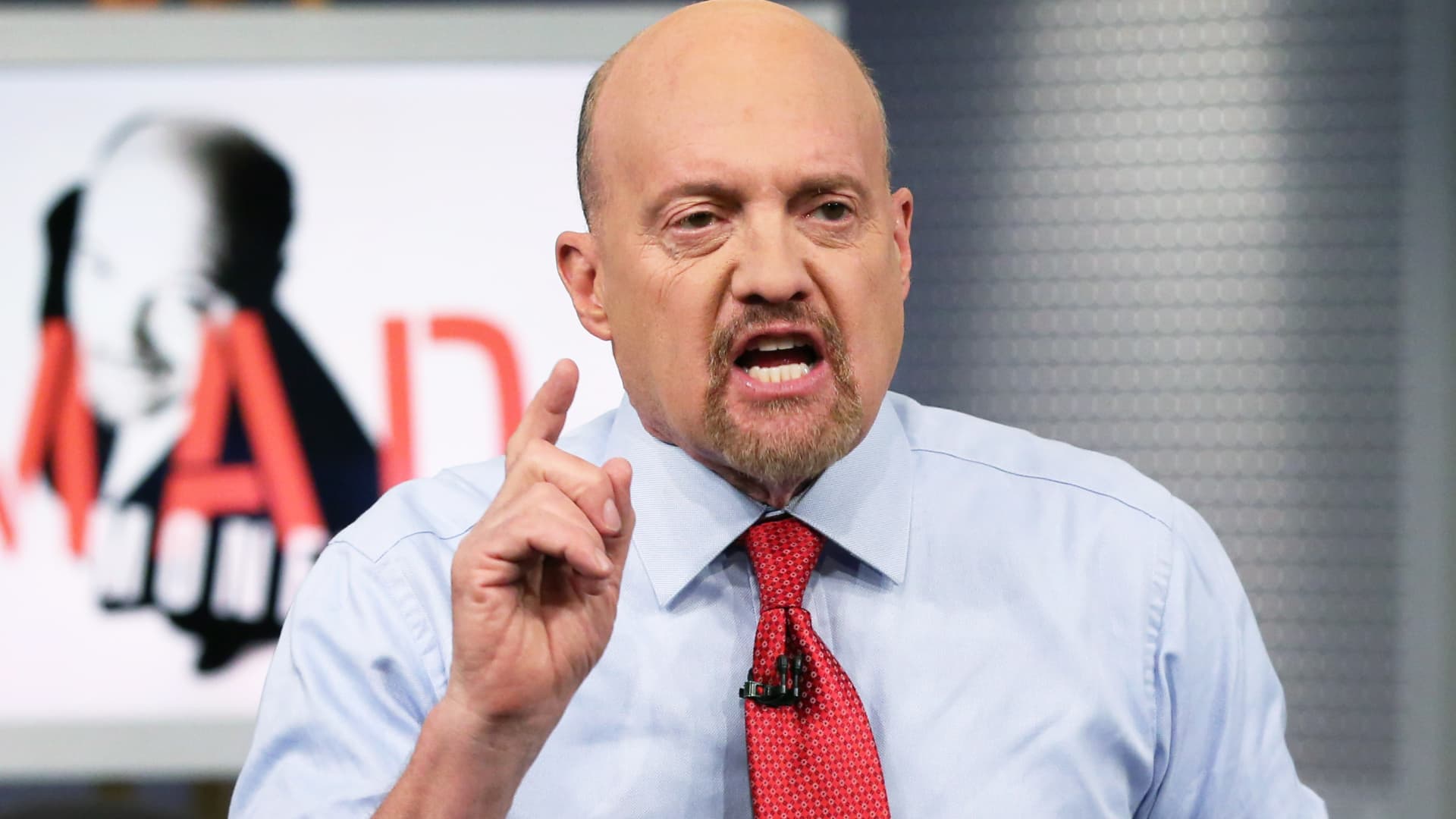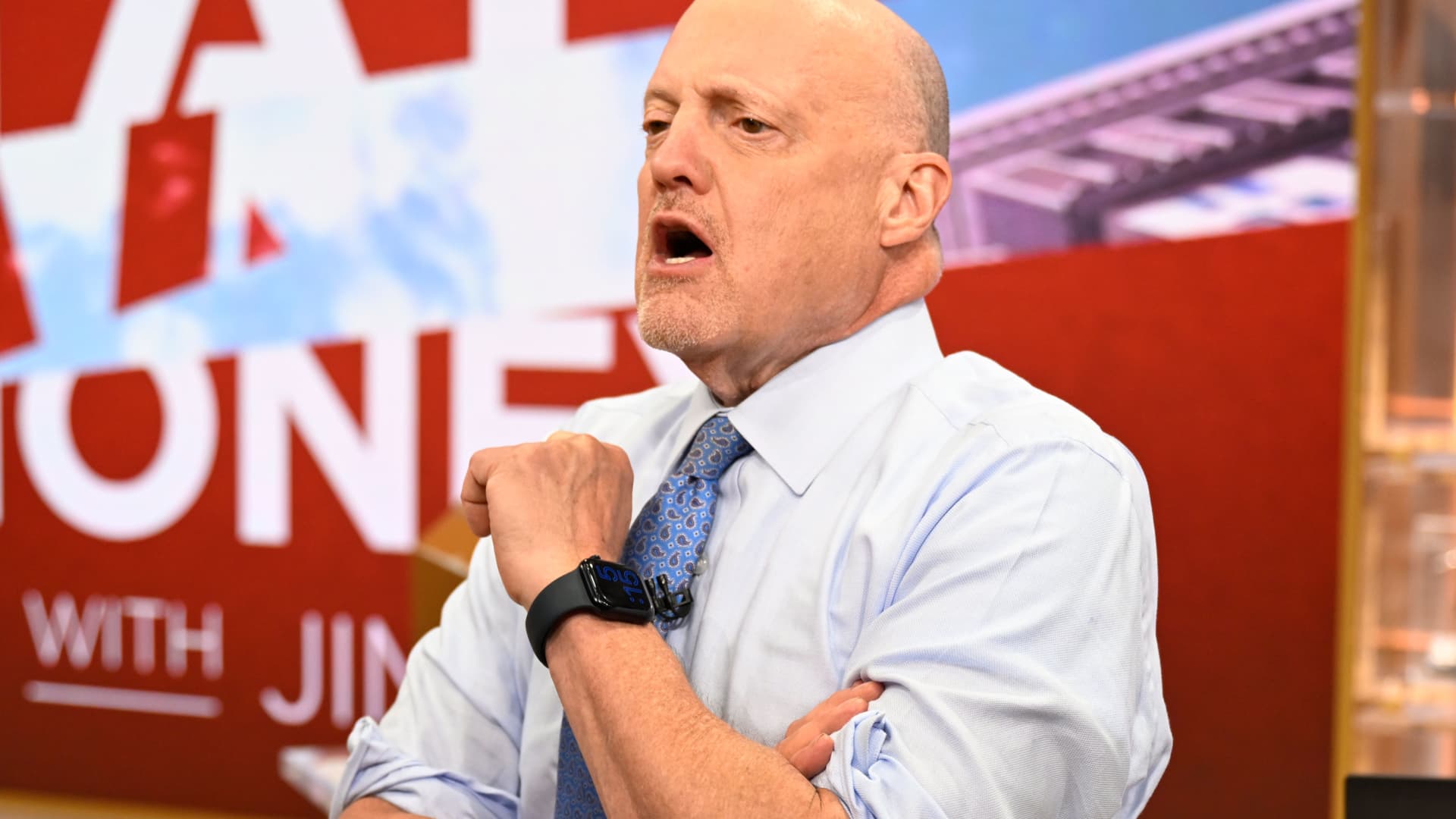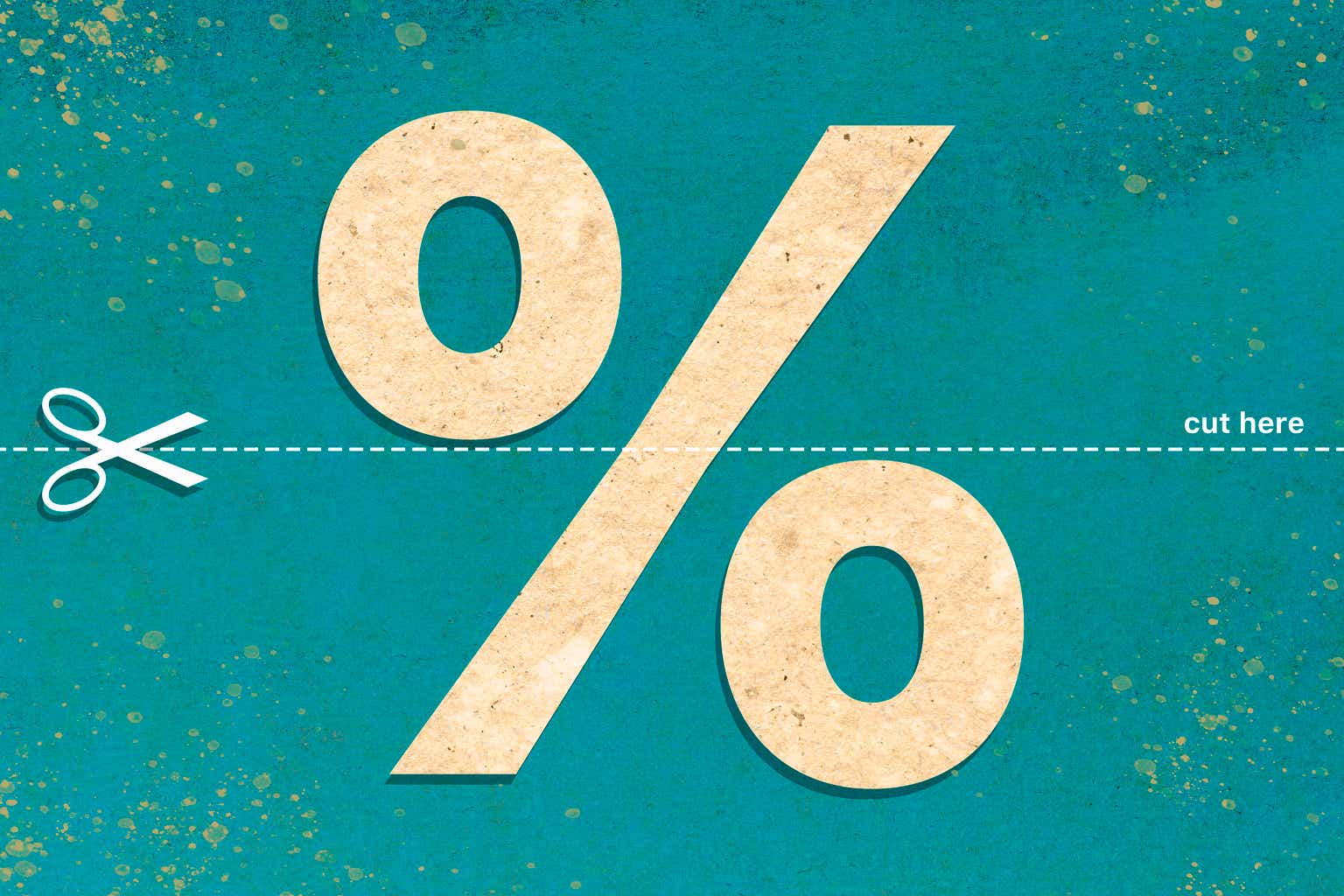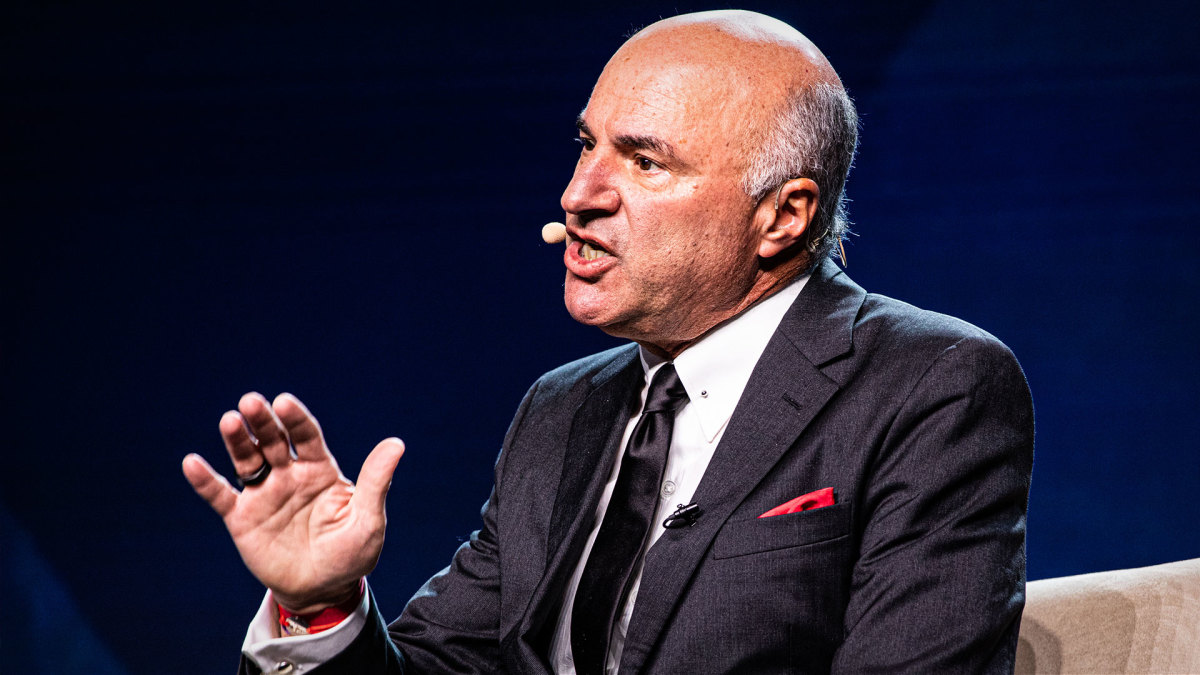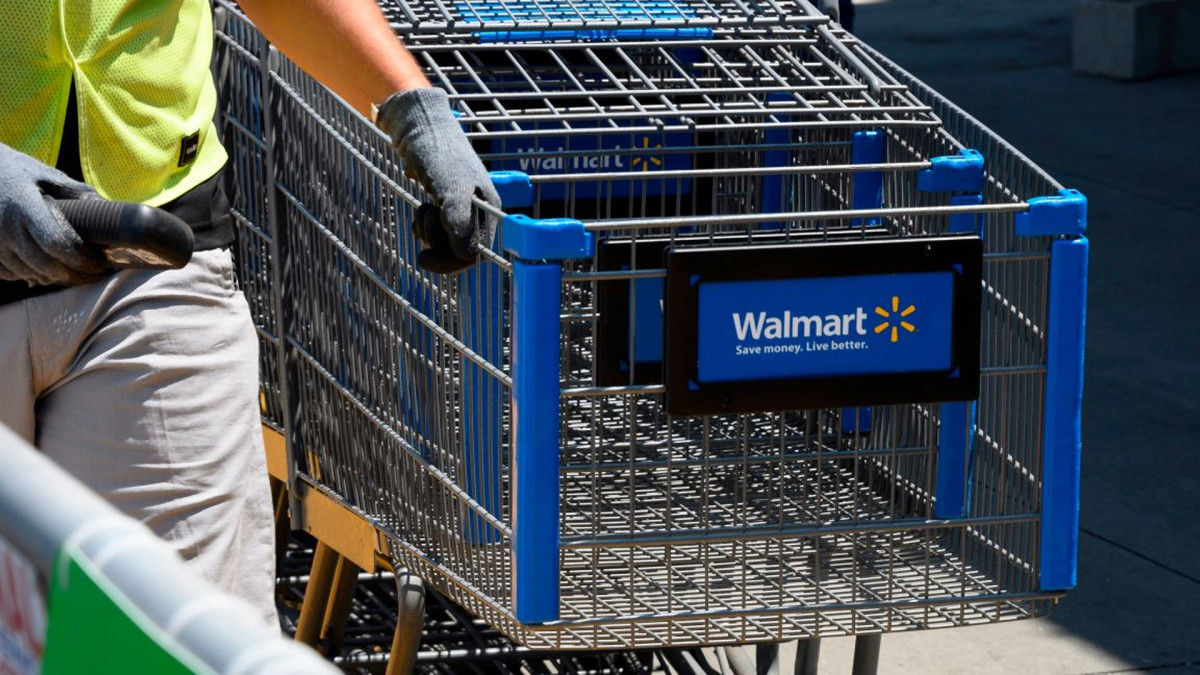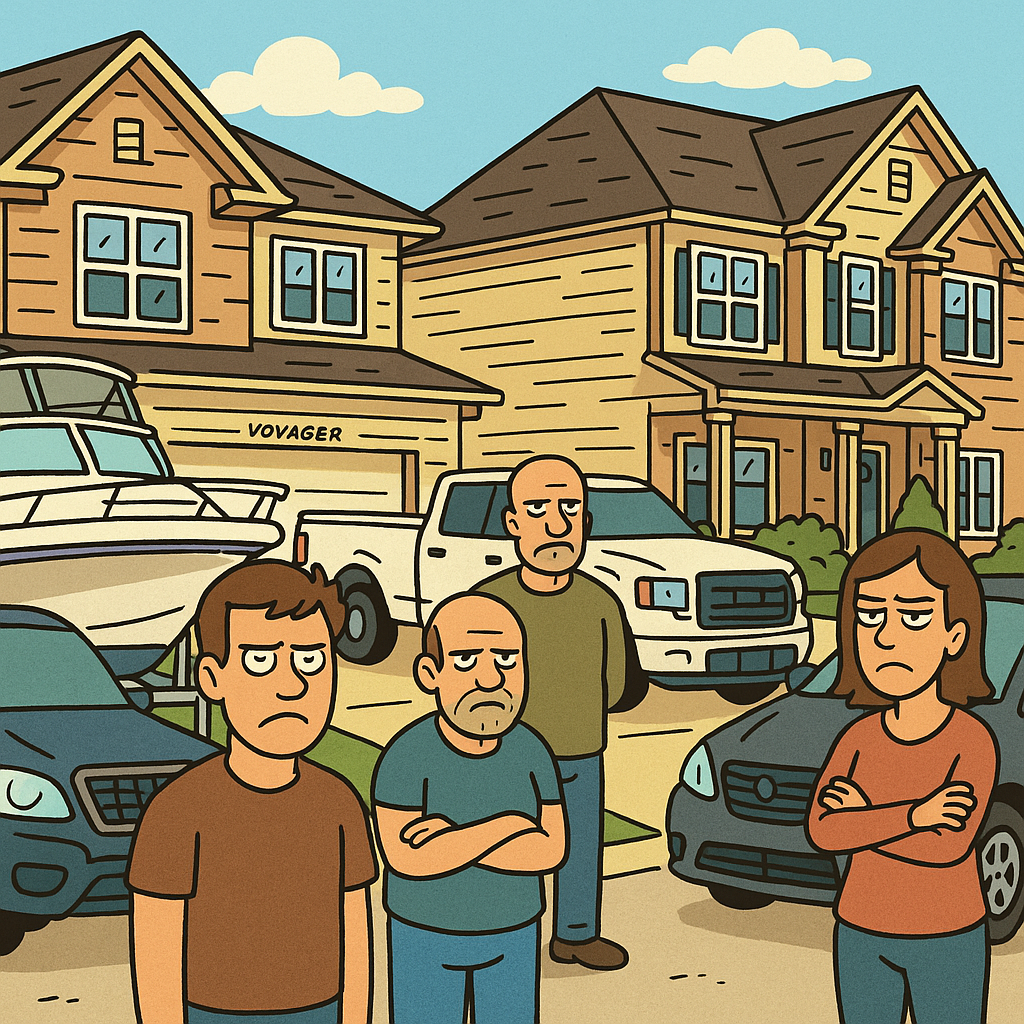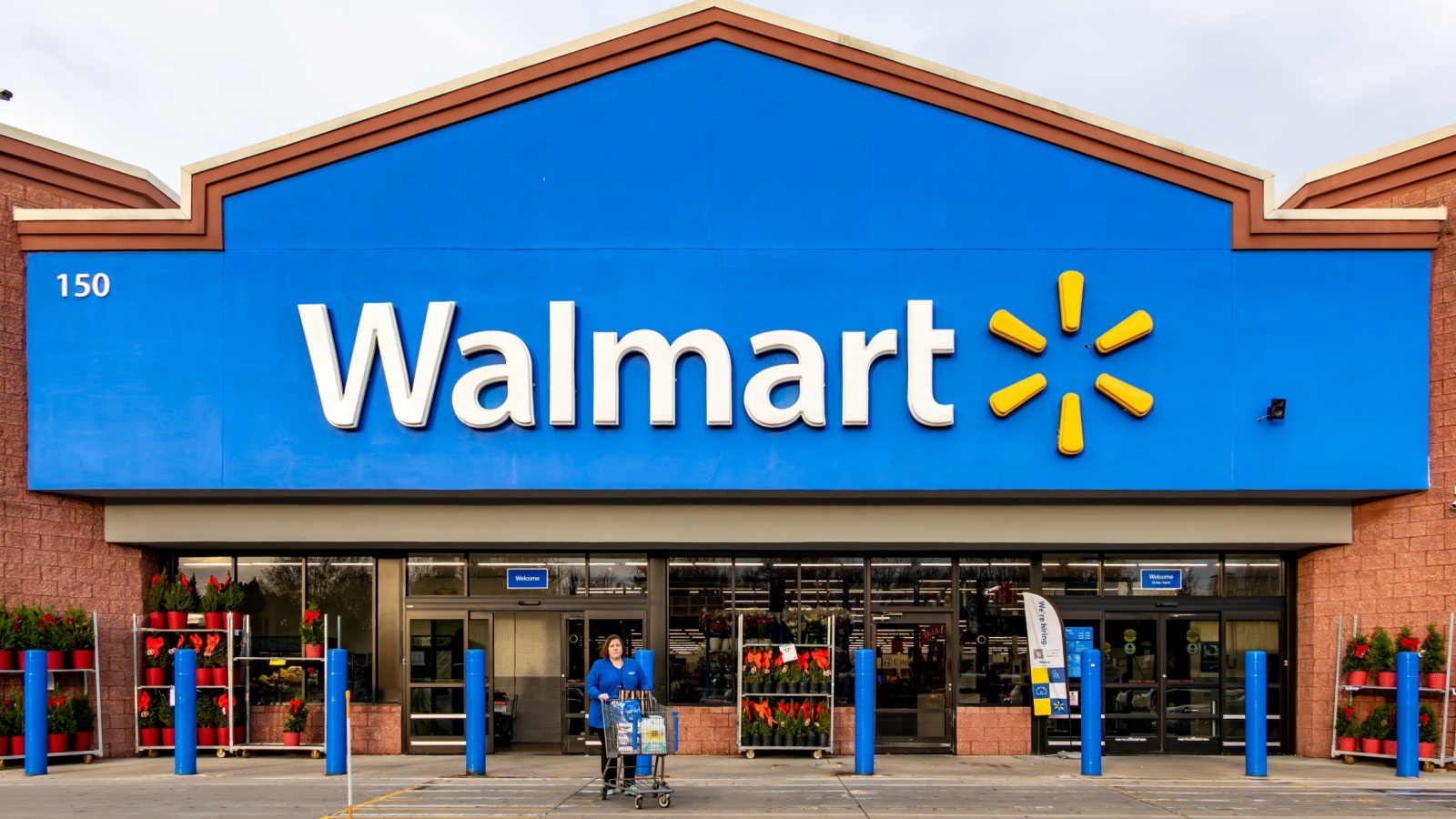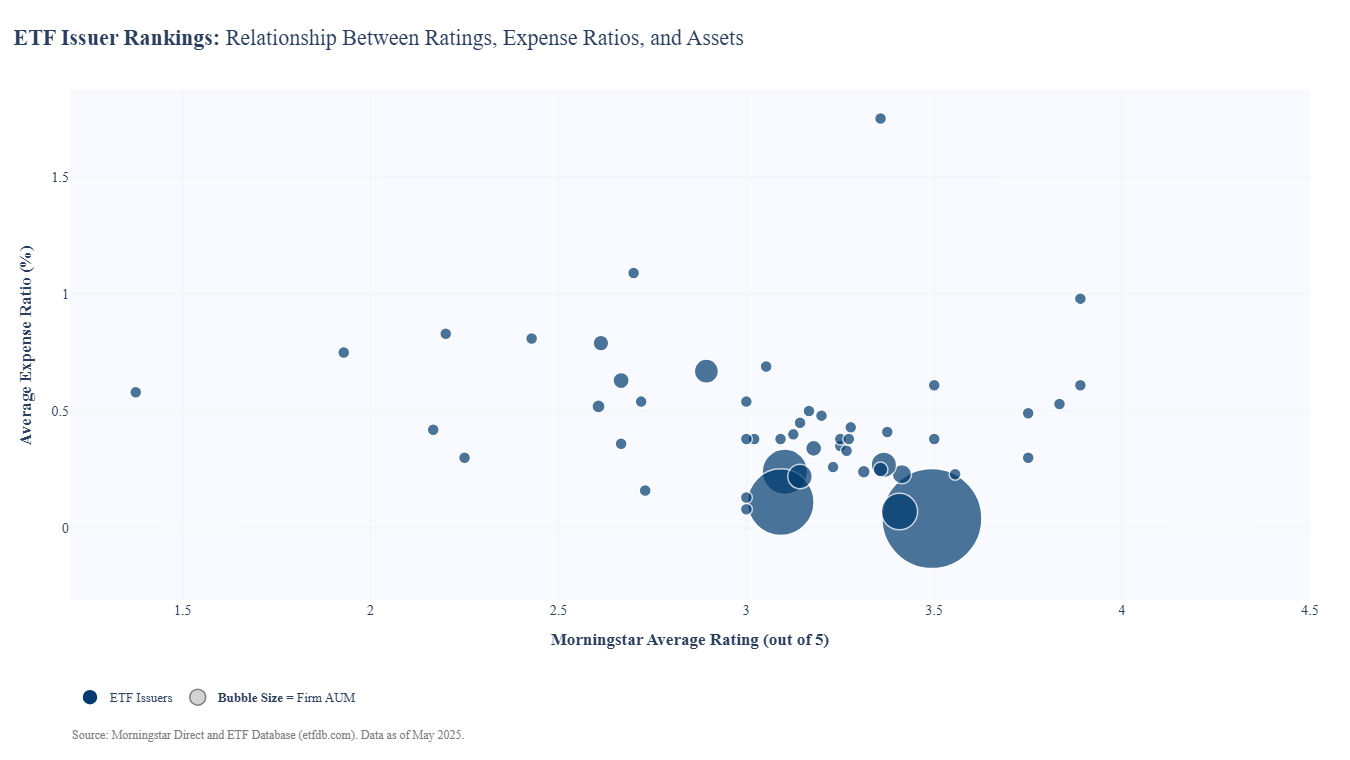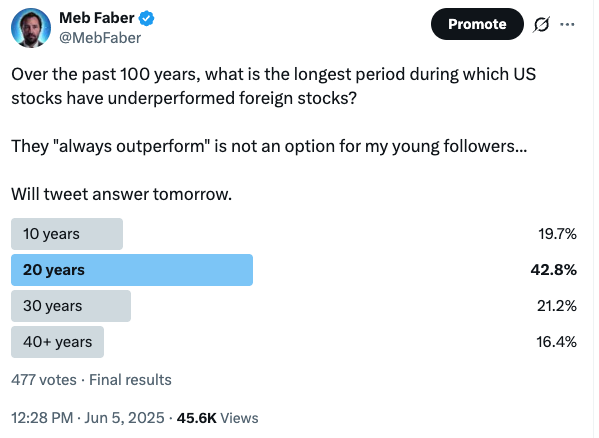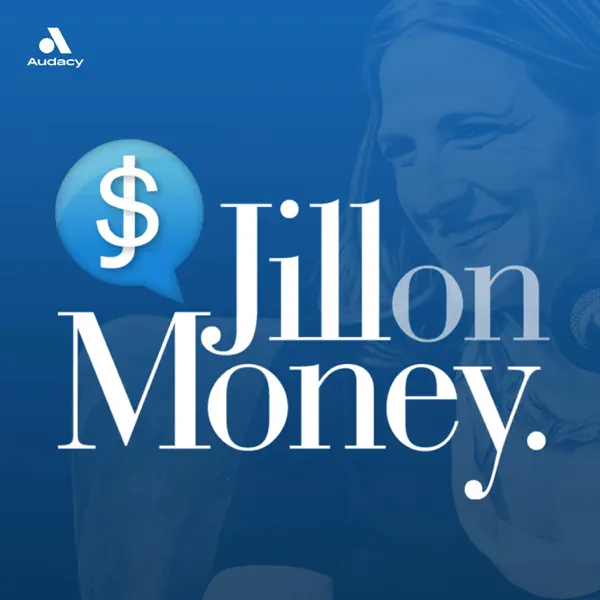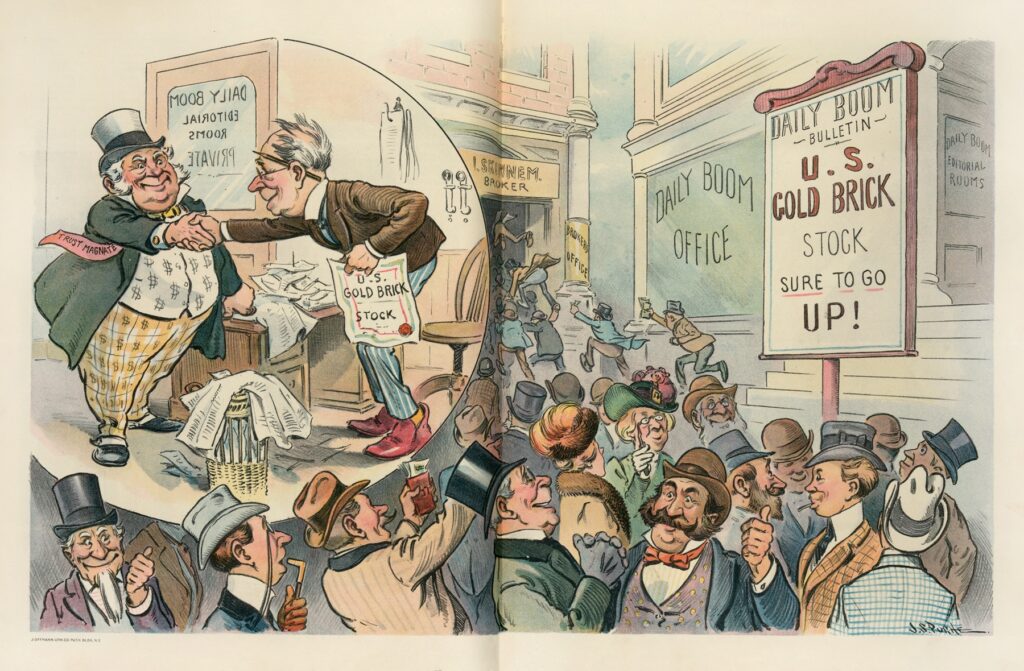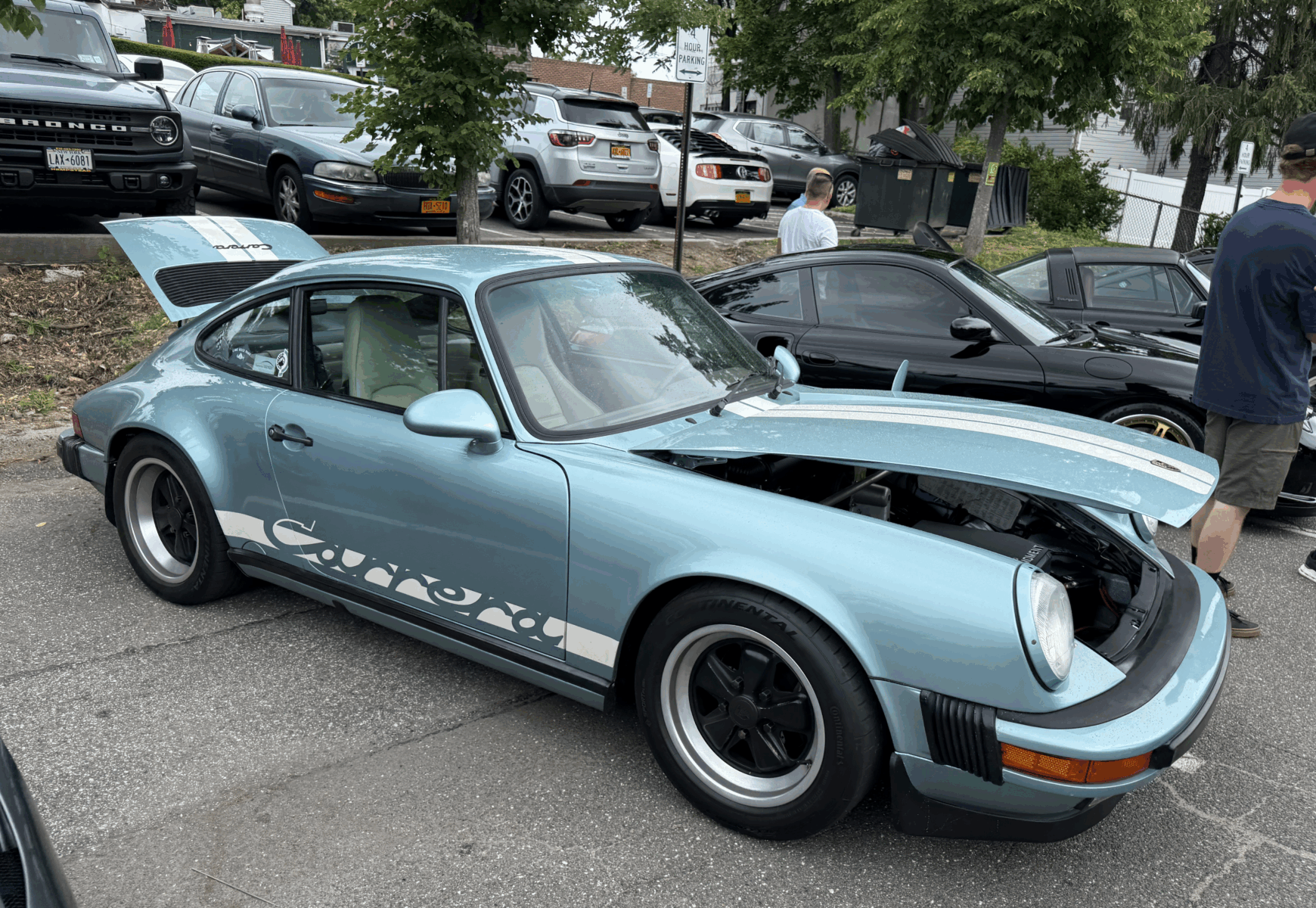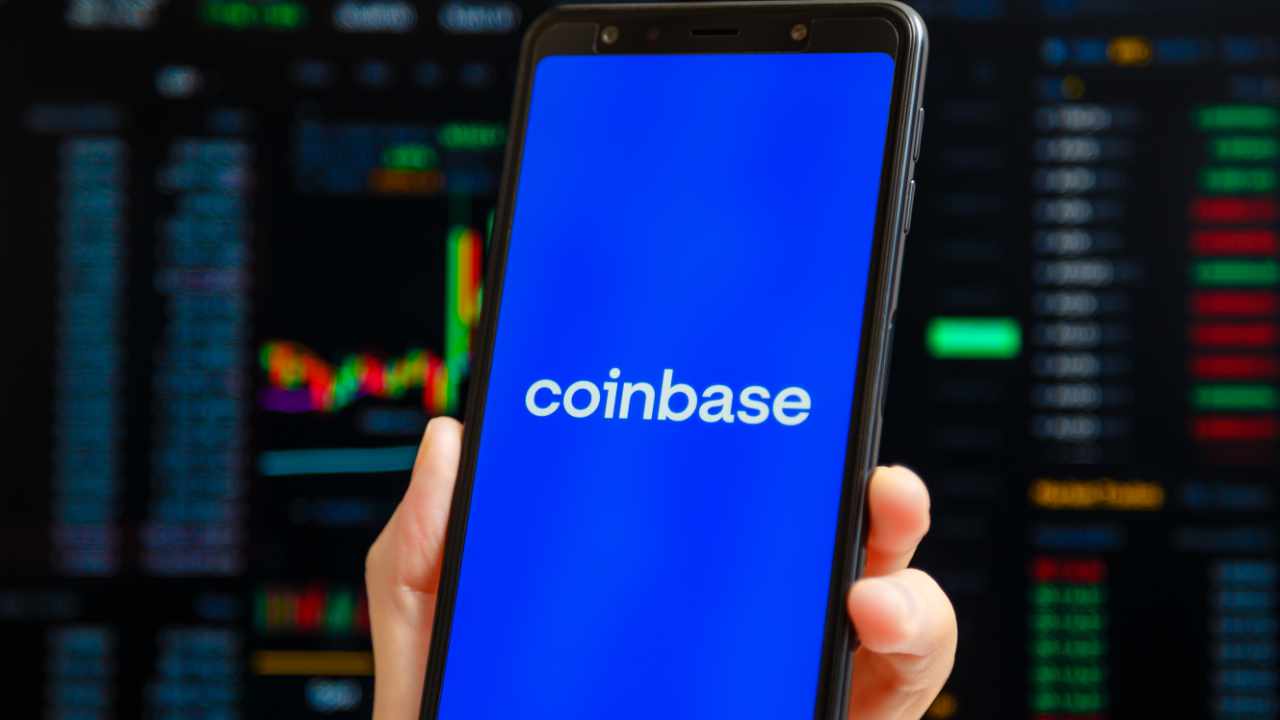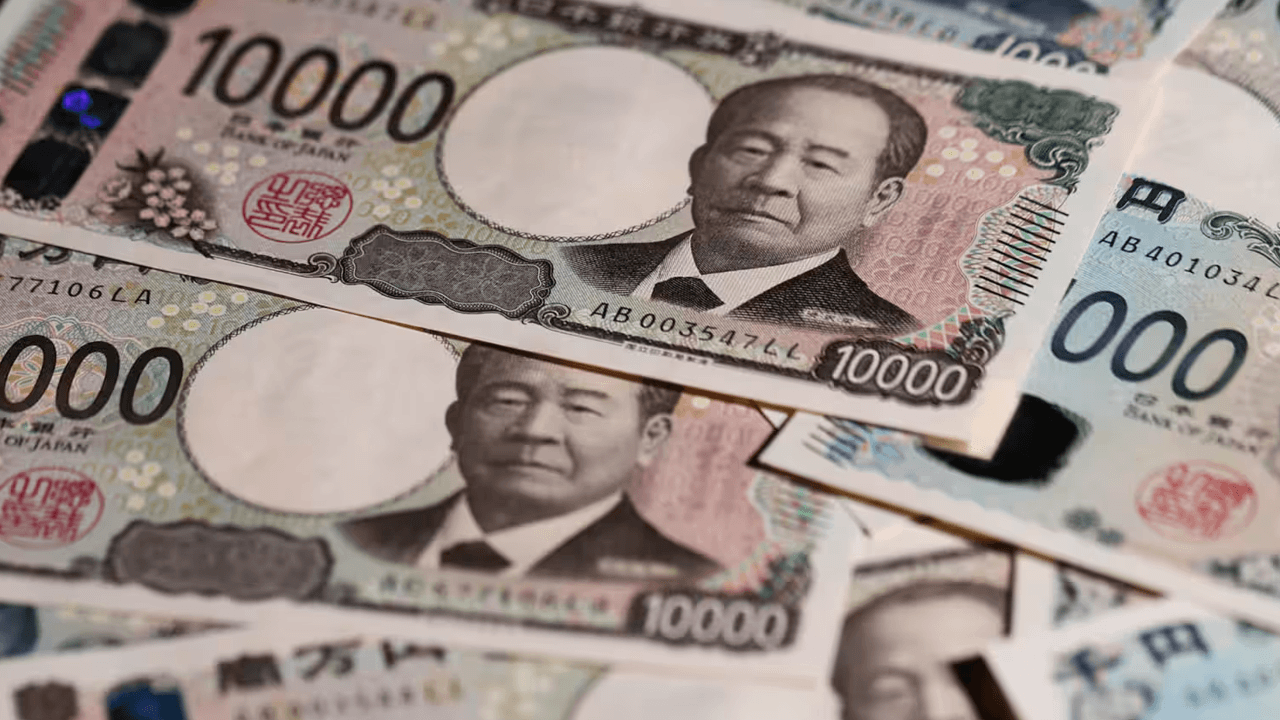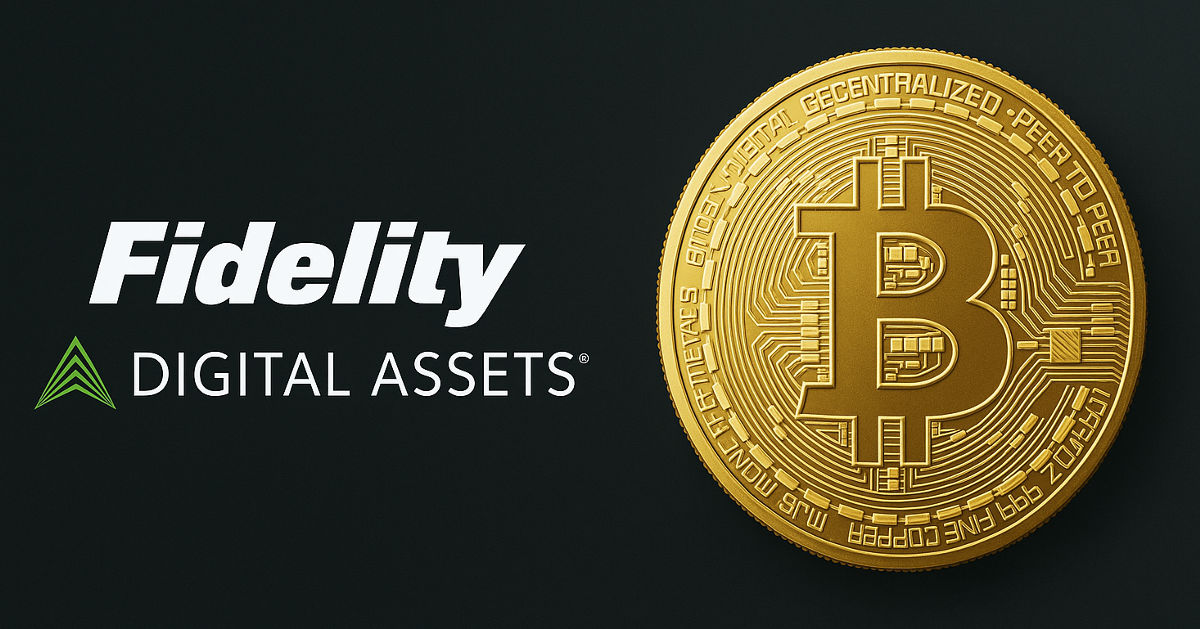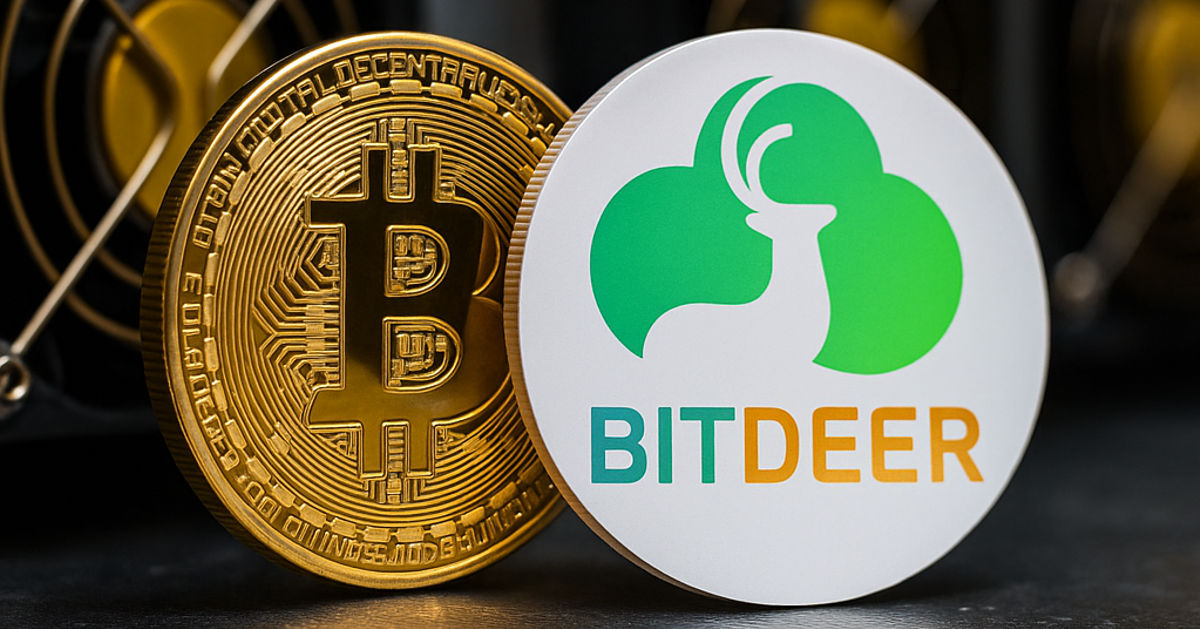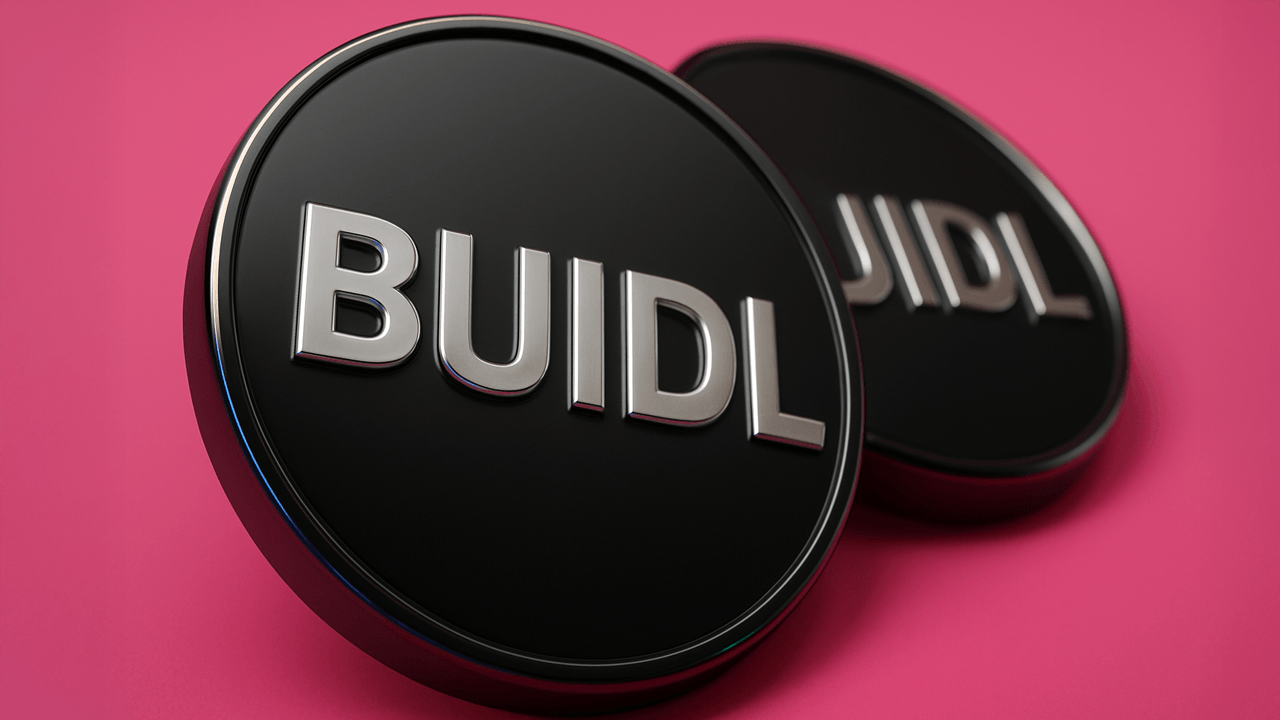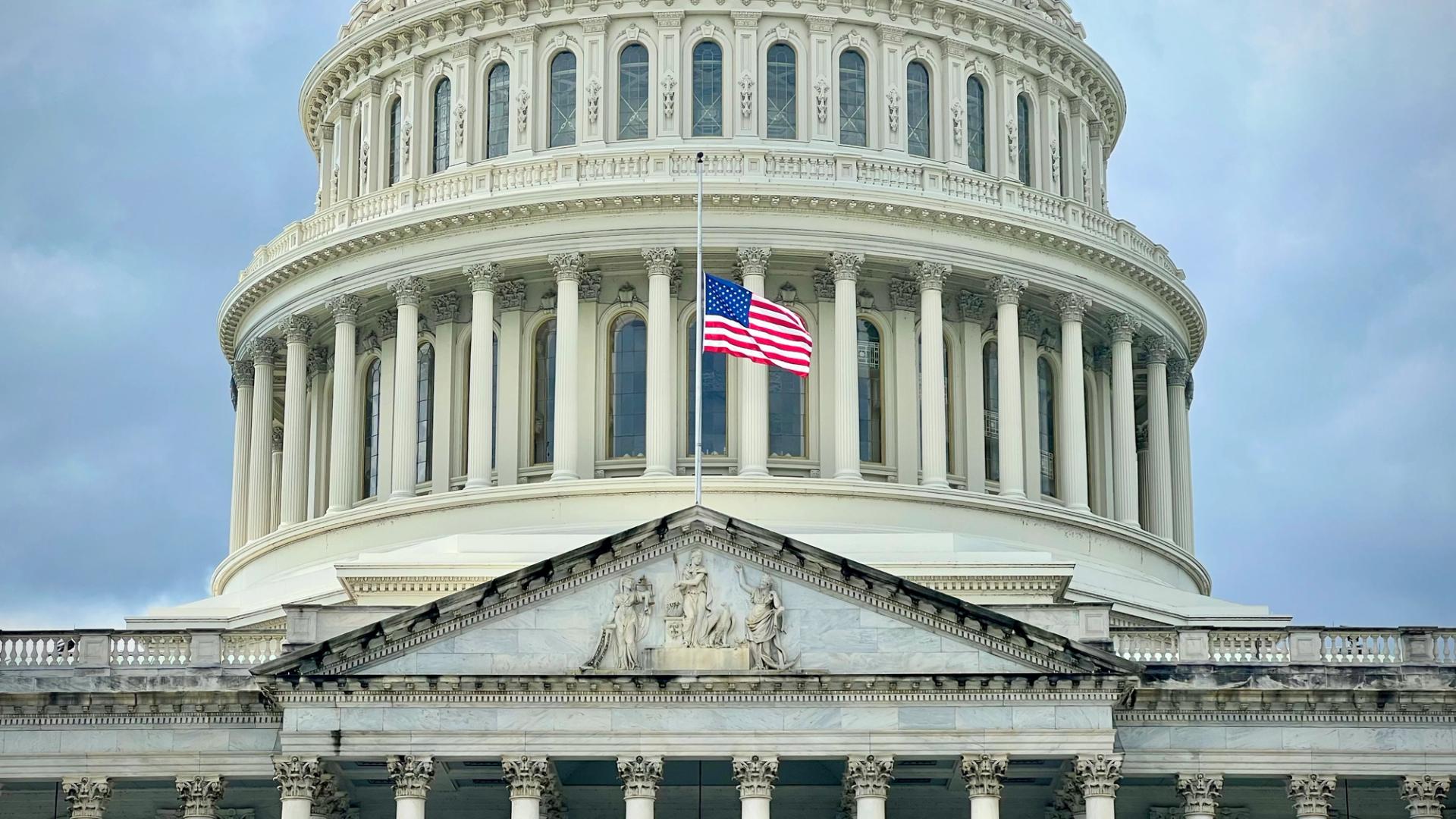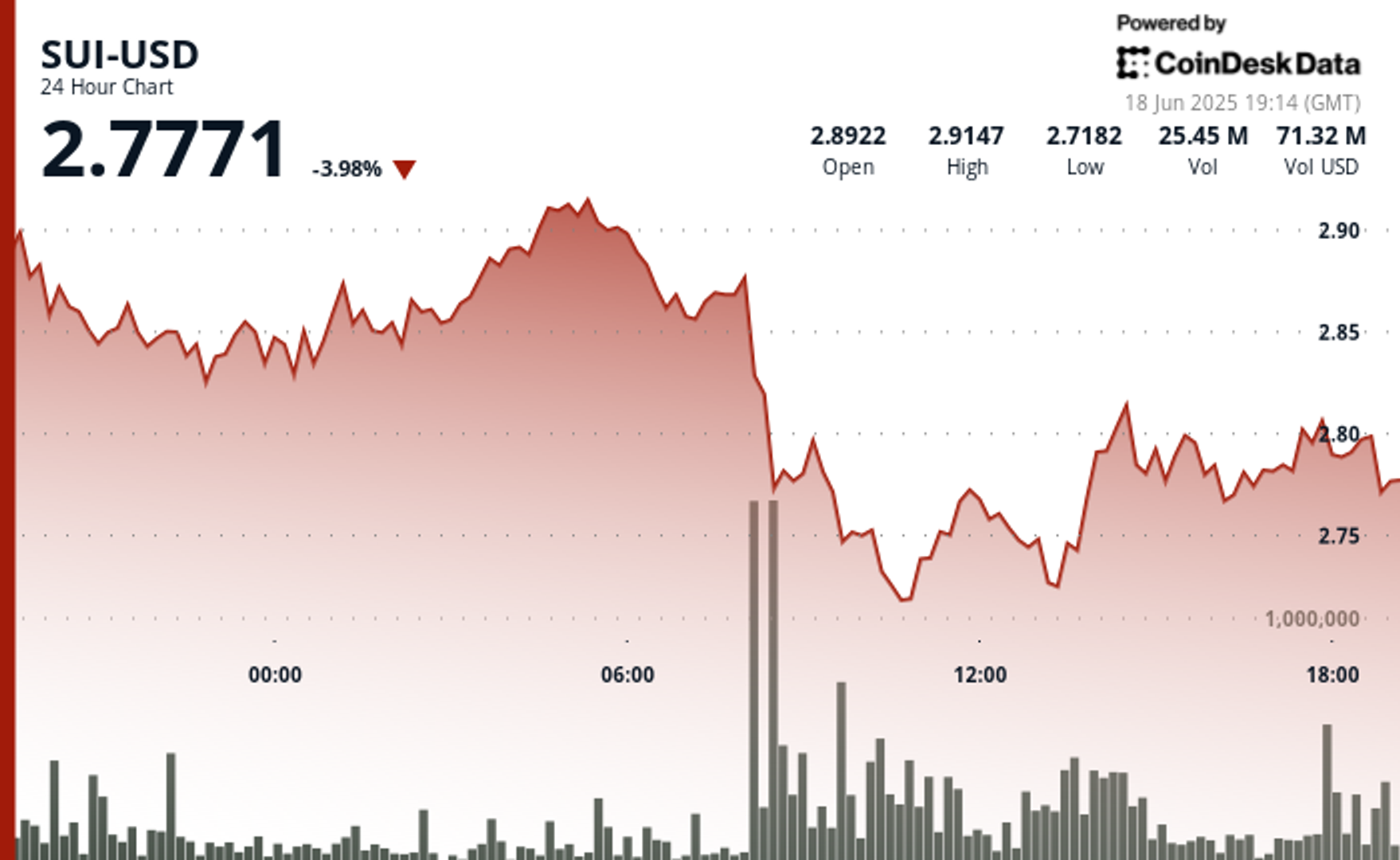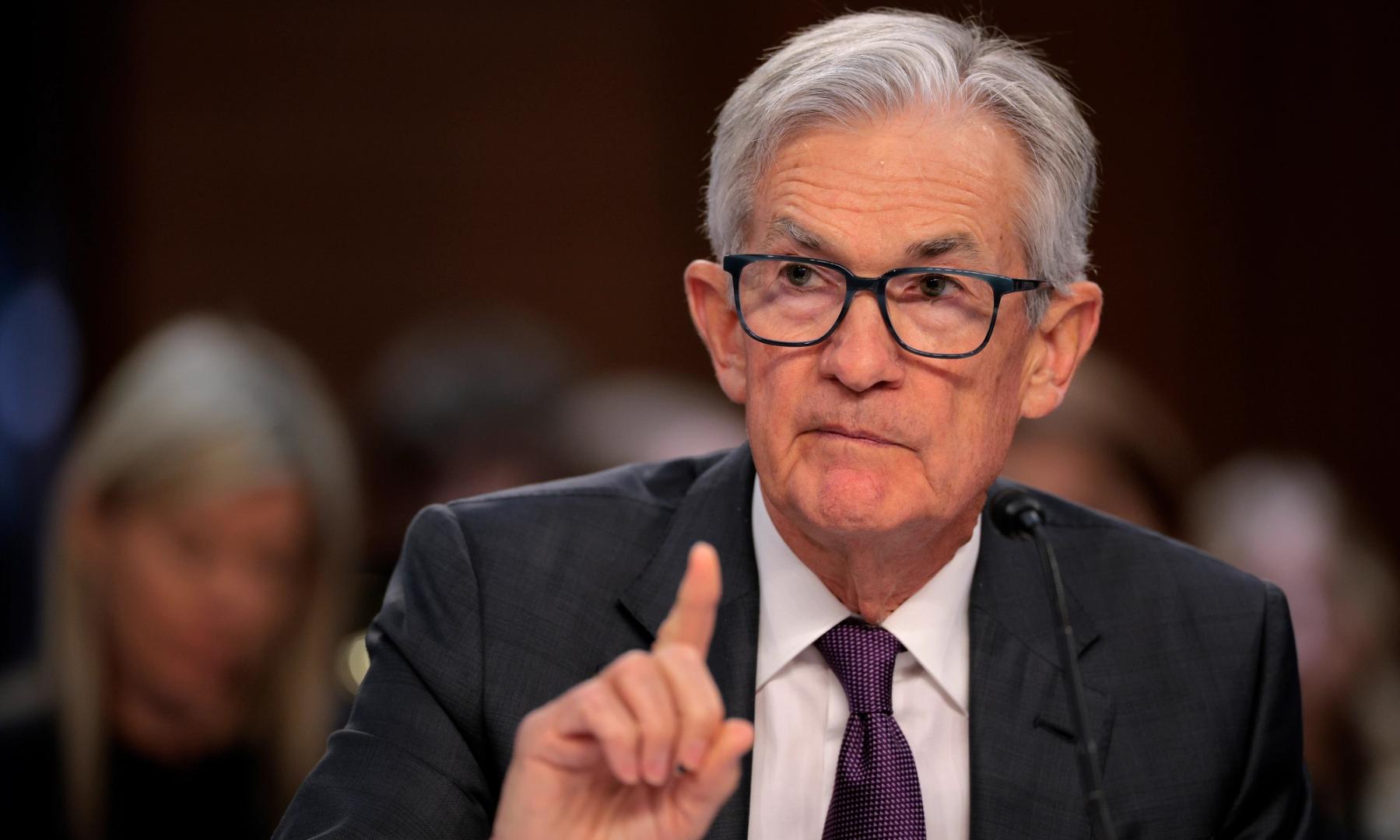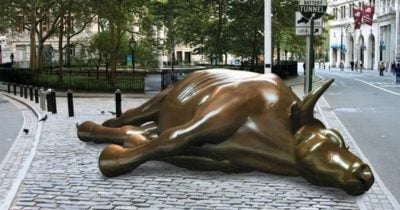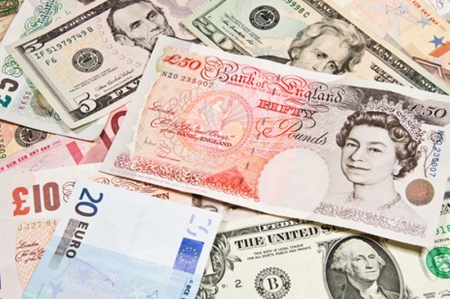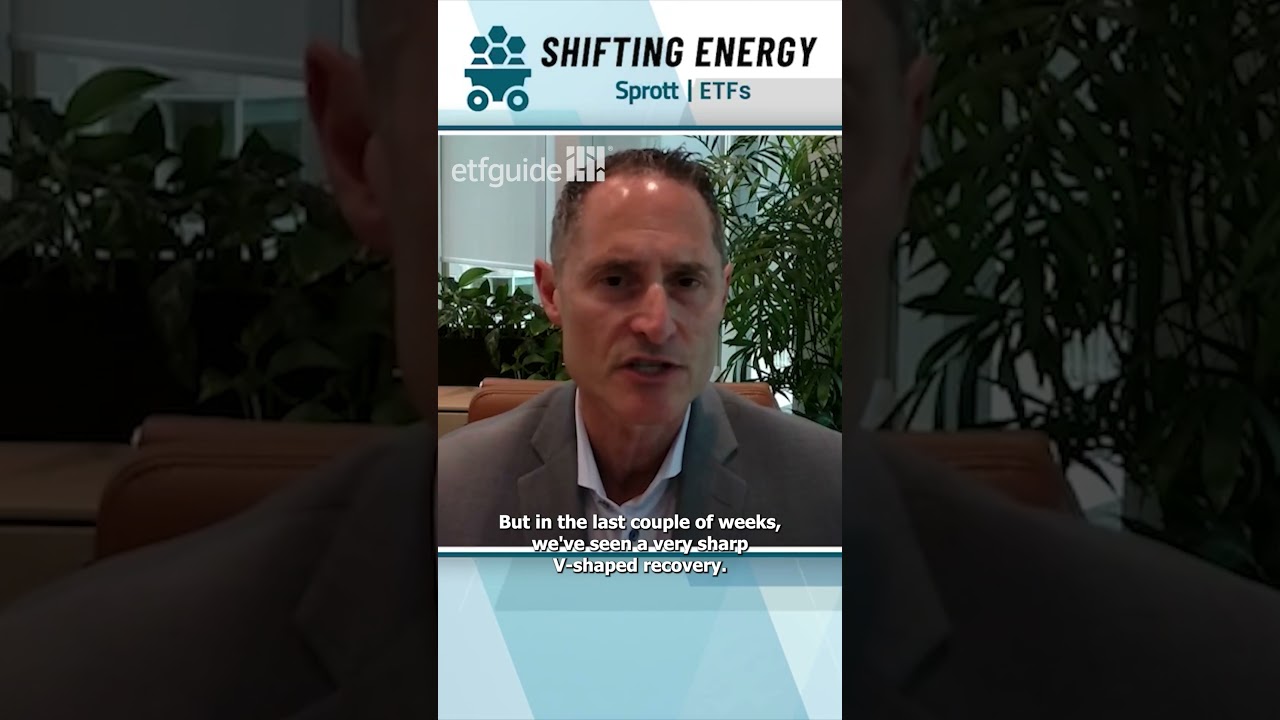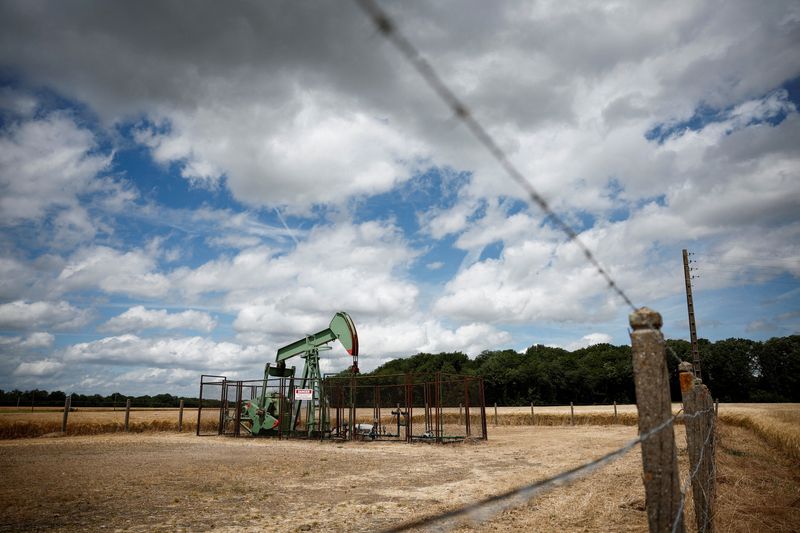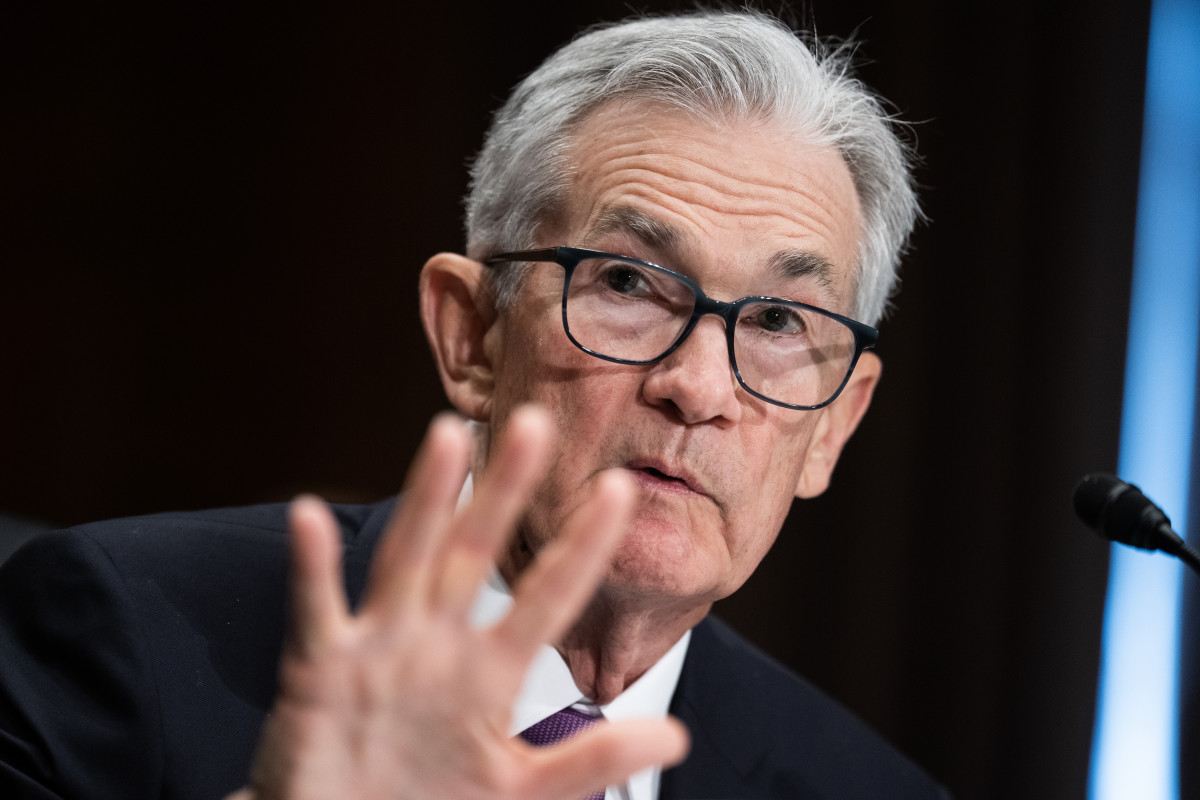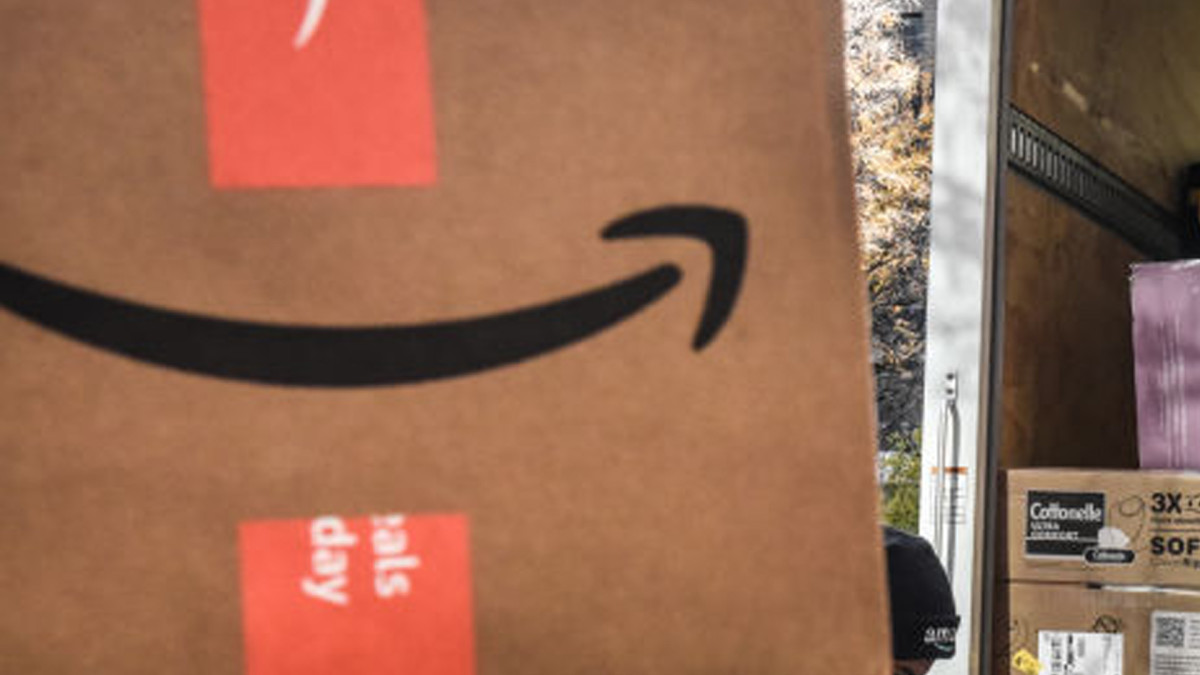Detroit Big 3 benefit from auto tariffs now, but time is running out
Concern about tariff pricing has driven sales so far this year.
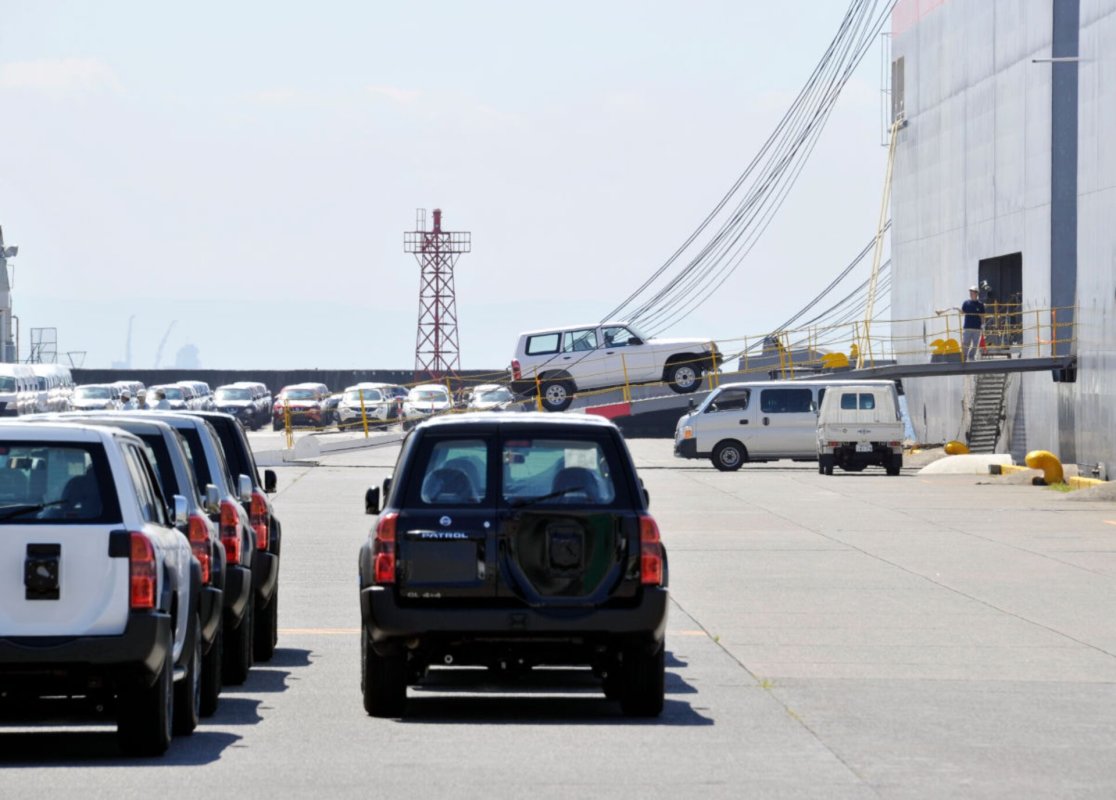
U.S. tariffs are taking a toll on Japan's economy.
Exports from the Far-East island nation fell in May for the first time in eight months, mainly due to declines from stalwarts like Toyota, Nissan, and Mitsubishi.
Autos accounted for about 28% of Japan's total 21 trillion yen ($145 billion) of export goods in 2024. So when exports to the U.S. fell 11.1% in May, you can bet a lack of cars leaving the Nagoya port played a big role.
Related: Toyota makes surprising move to beat Tesla in key market
According to government data, total exports declined 1.7% year over year by value to 8.1 trillion yen. While the decline was felt, it was much better than the median 3.8% decline analysts expected after exports rose 2% in April.
U.S.-bound automobile exports fell nearly 4%.
"The value of automobile exports to the U.S. fell, but their volume did not drop that much," Daiwa Institute of Research economist Koki Akimoto told Reuters. "This indicates Japanese automakers are effectively shouldering the tariff costs and not charging customers."
Meanwhile, U.S. automakers have taken advantage of the situation, leveraging their domestic manufacturing footprints to offer incentives.
While Ford, Stellantis, and General Motors have all said that tariffs will shave billions from their EBITDAs this year, they are still in a better position than the Japanese automakers, who, after dominating the U.S. market for decades, now have to pay 25% duties. Image source: Bloomberg/Getty Images
Big 3 spend heavily on incentives to bring in buyers
U.S. auto dealers, including those with Japanese brand names, have actually benefited over the short term from tariffs.
Dealers have a front-line view of the U.S. auto market, which appears to be at an inflection point,” said Cox Automotive Chief Economist Jonathan Smoke last month. “The recent sales pace has been a positive, lifting current market sentiment higher for franchised dealers.“
Buyers have been motivated by the threat of tariffs raising prices in the coming weeks. And sellers have been fueling that demand with incentives.
Ford, for instance, has been running its "From America, For America" campaign to provide customers with employee pricing.
Related: Car buyers should shop these brands for the best tariff deal
"It's really paid off for us in the last 60 days. You've seen a lot of the results in the market. Last month (May)...we actually posted a 14.7% share here in the U.S. That's up 1.9 points of share on a year-over-year basis. A lot of times in this industry we fight for tenths of share, and to have a 1.9% increase year over year was very strong," said Ford Blue and Model e President Andrew Frick.
In March, Japan Automobile Manufacturers Association (JAMA) Chairman Masanori Katayama said, "We will be looking at how to absorb short-term shocks and what concrete measures we can take to deal with these shocks, as well as how to deal with them in an all-Japan manner.
On June 17, Prime Minister Shigeru Ishiba said following the G7 summit that Japan had yet to reach a deal with the U.S. on a tariff agreement.
With a July 9 deadline for 24% tariffs looming, Japan may become more motivated to strike a deal soon. This means the slim advantage tariffs have given U.S. automakers may also soon be going away.
U.S. auto dealers are closing the era of incentive spending
Auto sales have climbed sharply in recent months as consumers were motivated by the incentives and the need to buy vehicles before any tariff-related price increases.
But Bank of America is now saying that the growth it saw in consumer vehicle loan applications has declined from its peak in April, "suggesting that 'buying ahead' has largely run its course."
More on carmakers:
- Popular Ford newcomer overtakes Jeep in a key area
- Jeep, Dodge parent has no solution for this emerging problem
- General Motors makes $4 billion tariff move
Bank of America expects lower-income and younger buyers to feel the most pain, as its data shows that median car payments have grown faster than new and used car prices since 2019.
Shockingly, of those households with a monthly car payment, 20% have a payment over $1,000.
In addition to capping your car payments at about 15% of your monthly take-home, financial experts also recommend shoppers aim for a 20% down payment, a 36- to 48-month loan term, and expenses (including insurance) at between 8% and 10% of your gross monthly income.
Experts also recommend that you know your credit score and loan approval amount in advance and that you shop around with different lenders for the best rate.
Related: Car buyers should be nervous about this emerging trend



